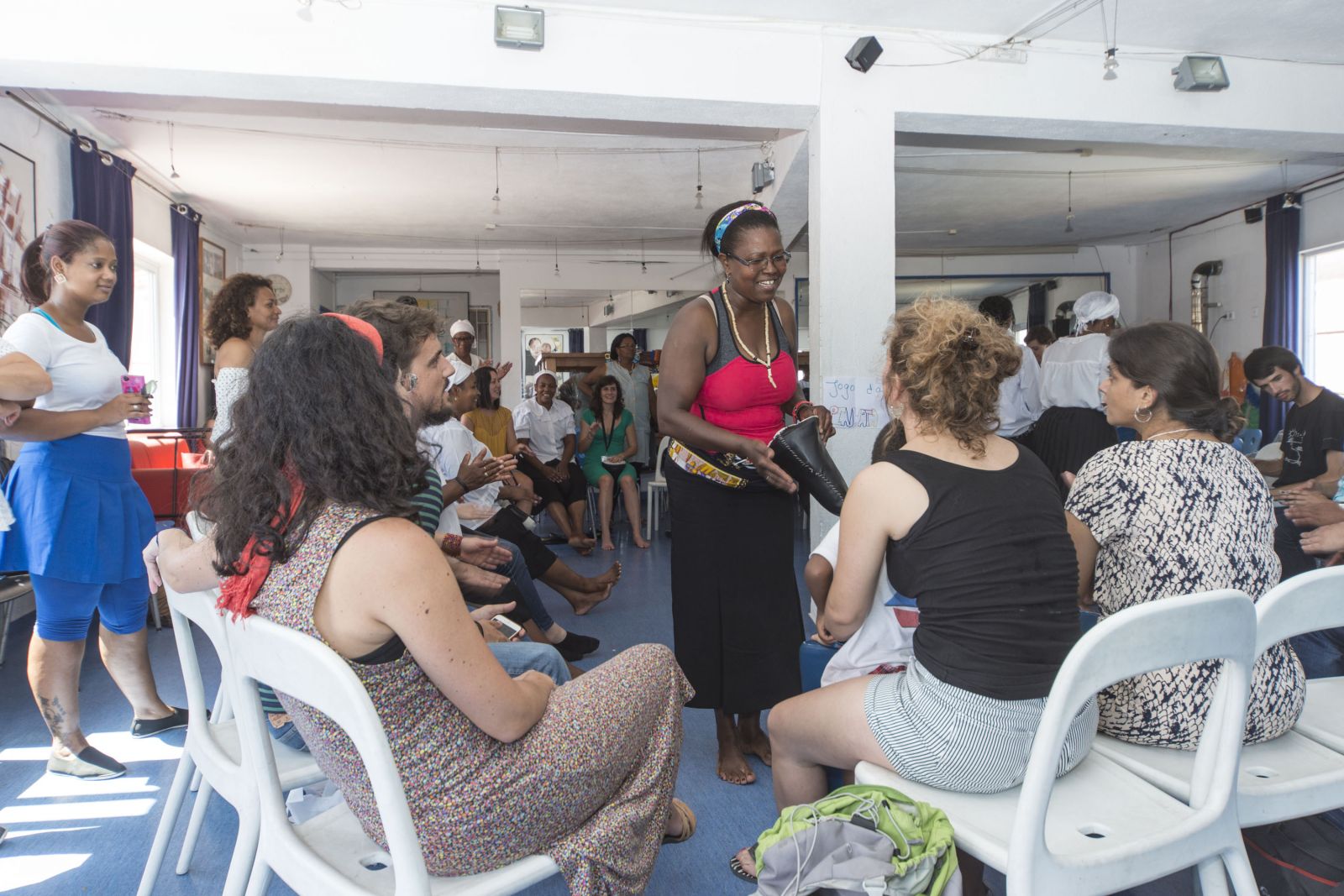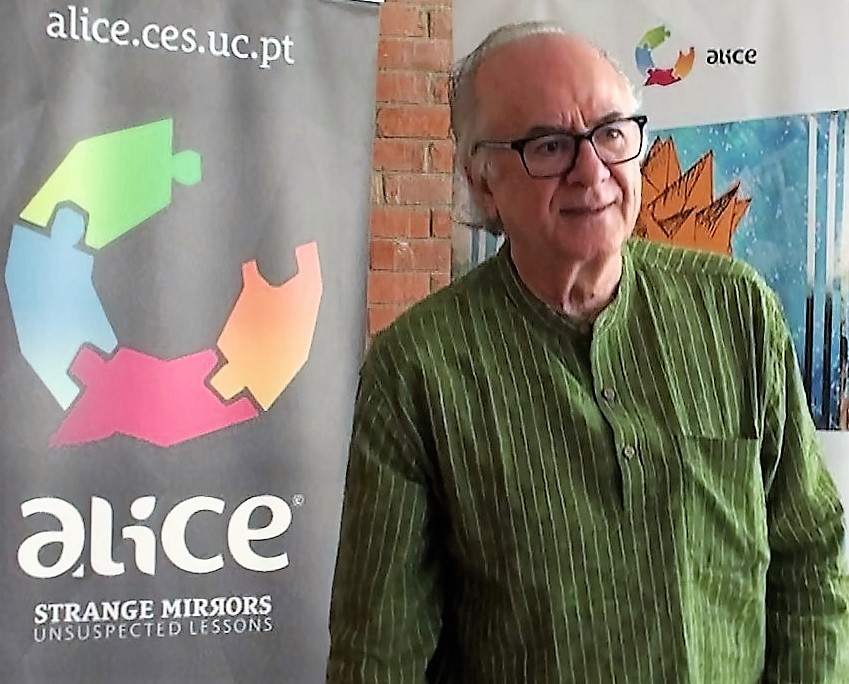 |
|
Boaventura de Sousa Santos is Professor of Sociology at the School of Economics, University of Coimbra (Portugal), Distinguished Legal Scholar at the University of Wisconsin-Madison Law School and Global Legal Scholar at the University of Warwick. He is the Director of the Centre for Social Studies of the University of Coimbra and Scientific Coordinator of the Permanent Observatory for Portuguese Justice. Currently he coordinates of the research project ALICE – Strange Mirrors, Unsuspected Lessons. He has published widely on globalisation, sociology of law and the state, epistemology, democracy, and human rights in Portuguese, Spanish, English, Italian, French and German. Among his most recent and relevant publications are: Epistemologies of the South: Justice Against Epistemicide (Paradigm, 2014); Toward a New Common Sense: Law, Science and Politics in the Paradigmatic Transition (Routledge, 1995); The Rise of the Global Left. The World Social Forum and Beyond (Zed Books, 2006); Toward a New Legal Common Sense. Law, globalization, and emancipation (Butterworths, 2002). > further
|
|
|
|
Bruno Sena Martins |
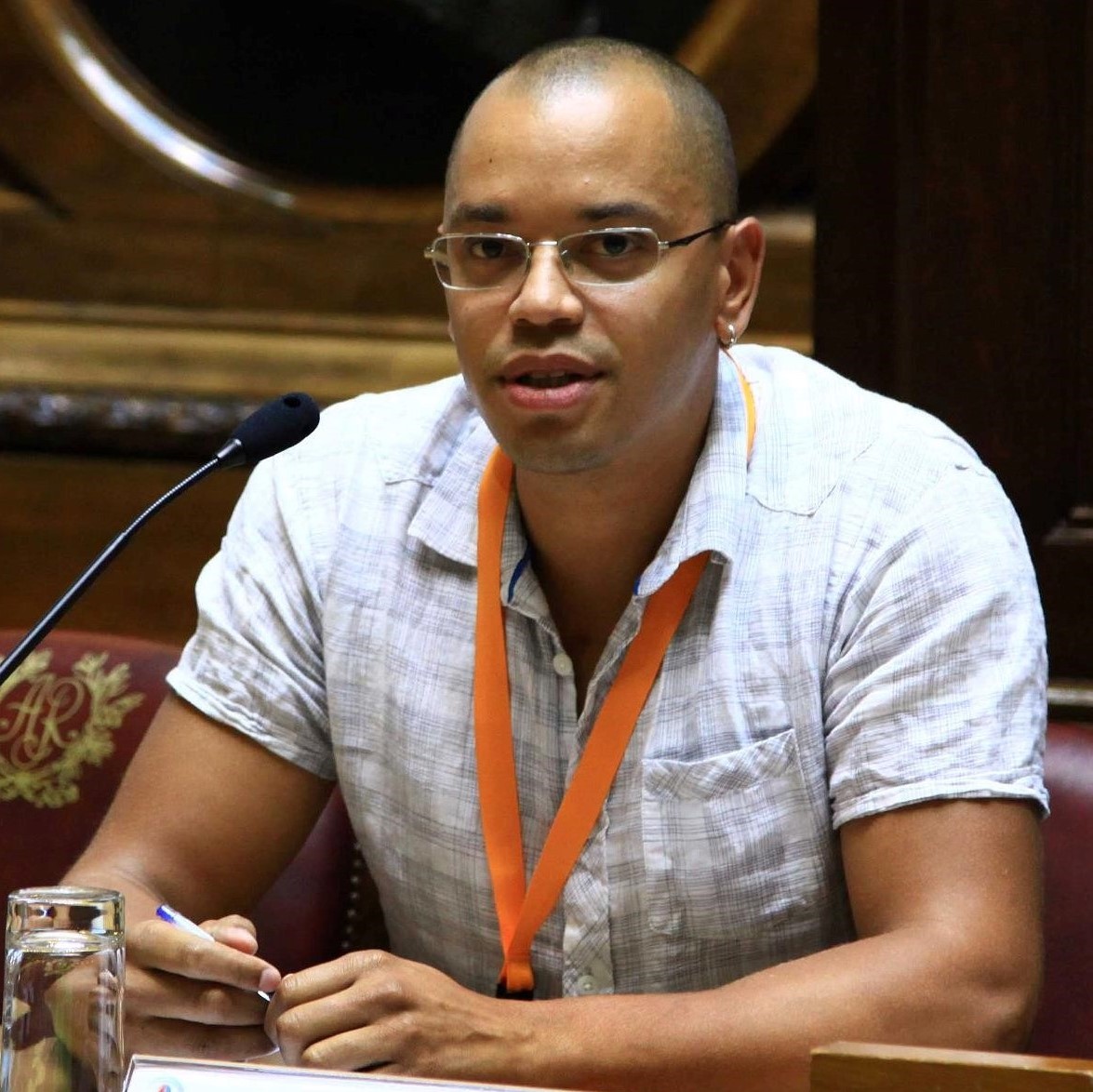 |
|
Bruno Sena Martins is Senior Researcher at the Centre for Social Studies, University of Coimbra. He is currently Vice-President of CES Scientific Board, executive co-coordinator of the Doctoral Programme "Human Rights in Contemporary Societies", and co-coordinator of the educational outreach activity "Ces Goes to School". Between 2013 and 2016, he was Co-coordinator of the research group "Democracy, Citizenship and Law Research Group (DECIDe)"In 2007 he was Research Fellow at the Centre for Disability Studies (CDS), School of Sociology and Social Policy. His research interests are centred on the body, disability, human rights and colonialism. He ha s undertaken ethnographic fieldwork in Portugal, India and Mozambique. > further
|
|
|
|
Flávio Almada |
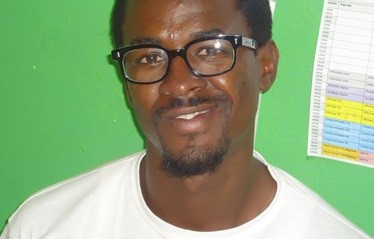 |
|
Flávio Almada, better known by his stage name Lbc Soldjah, is a Cape Verdean MC/Rapper and political activist, with a degree in Translation and Creative Writing, a MA student in International Studies and board member of the Cultural Association Moinho da Juventude. He began writing poetry/verses at the age of fourteen and has used hip-hop as a tool for awareness and emancipation. He has released two mixtapes (Soldadu 3 Mundu – Lágrimaz di Sangui/ Soldadu 3 Mundu – V2d – Destinadu a vensi) and multiple collaborations with national and international artists. He lives in the Cova da Moura neighborhood and is a member of several groups of social activists and artists, including “Nóz Ki Nási Ómi Ki Ta Móri Ómi" Ómi” and “Plataforma Ghetto”. |
|
|
|
Jakilson Pereira |
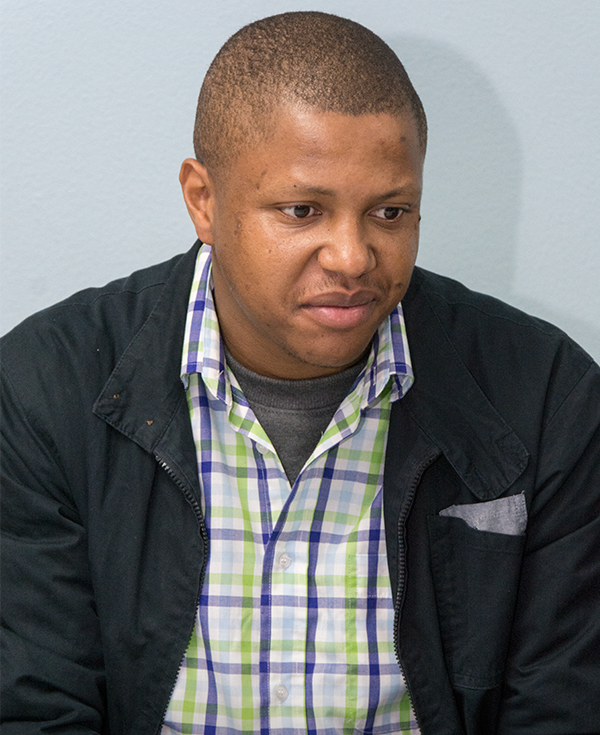 |
|
Jakilson Pereira has a degree in Social Education from the Escola Superior de Santarém/Polytechnic Institute of Santarém and a MA in Education and Society from ISCTE. He has complementary training in the areas of citizenship, community intervention, education, youth, diversity and immigration. Trainer certified by the IEFP, he has focused his research on education, school organization, school, community, school-family relationship, parental involvement, black youth, artistic and cultural development, immigration, ethnic minorities and cultural heritage. Was a research fellow at the Faculty of Science and Technology of the University of Coimbra, under the research activity “Relação dos fatores maternos durante a gravidez e do padrão de crescimento durante o 1º ano de vida com o estado nutricional de adolescentes de origem portuguesa e africana”, Research Centre in Anthropology and Health (July to December, 2010). Coordinator of the Small Public Libraries Project - (Calouste Gulbenkian Foundation) at the Cultural Association Moinho da Juventude (March 1, 2012 to March, 30 2013). He is currently a board member the Cultural Association Moinho da Juventude and is part of the technical staff of the social response CAFAP (Center for Family Support and Parental Counseling). Coordinator of the project “Lisboa do outro lado do espelho” financed by Agência Viva - National Agency for Scientific Culture, developed the program “Inclusion for Science” named Integra, at the Moinho da Juventude Cultural Association (October 1, 2016 to September 30, 2017). Jakilson Pereira, or Hezbó MC as he is known in the Hip Hop world, MC/Rapper and activist, released the mixtapes: “Entri Lagrimaz I Rimaz” (2008), “5 Séculos de indignação” (2012) of the Plataforma Gueto collective and Fight to End Freedom “Fight pá Txiga Freedom” (2014). |
|
|
|
Jane Gordon |
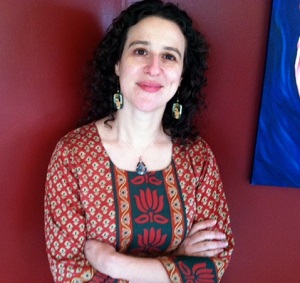 |
|
Jane Gordon is Associate Professor of Political Science. She is a specialist in political theory, with a focus on modern and contemporary political theory, Africana political thought, theories of enslavement, political theories of education, methodologies in the social sciences, and political theory in film and literature. Her first book, Why They Couldn’t Wait: A Critique of the Black-Jewish Conflict over Community Control in Ocean Hill-Brownsville (RoutledgeFalmer 2001), was listed by the Gotham Gazette as one of the four best recent books on civil rights. She is co-editor with Lewis R. Gordon of The Companion to African American Studies (Blackwell Publishers, 2006), which was the NetLibrary Book of the Month in February 2007, and Not Only the Master’s Tools: African-American Studies in Theory and Practice (Paradigm Publishers, 2006). She is also co-author of Of Divine Warning: Reading Disaster in the Modern Age (Paradigm Publishers, 2009) and author of Creolizing Political Theory: Reading Rousseau through Fanon (Fordham UP, 2014). She has written chapters for several anthologies on political thought and Africana studies, and her articles have appeared in such journals as the C.L.R. James Journal; differences; Journal of Asian and African Studies; Journal of Contemporary Thought; Journal of French and Francophone Philosophy; Journal of Political Theology; Performance Research; Philosophical Studies in Education; Review of Education, Pedagogy, and Cultural Studies; and SOULS. Her recent essay, which is the core of her next book project, “Theorizing Contemporary Practices of Enslavement: A Portrait of the Old and New,” won the American Political Science Association 2012 Foundations in Political Theory Best Paper Prize. She was the President of the Caribbean Philosophical Association from 2013-201 |
|
|
|
João Arriscado Nunes |
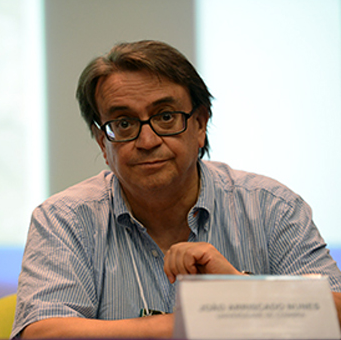 |
|
João Arriscado Nunes is Professor of Sociology at the School of Economics and Researcher at CES. Co-coordinator of the Doctoral Programme "Governance, Knowledge and Innovation) and was a Visiting Researcher at FIOCRUZ in Rio de Janeiro. His research interests include social studies of science and technology (namely social studies of biomedicine, health and the life sciences and public engagement with science and technology), political sociology (democracy and participation) and social theory. Co-editor of Enteados de Galileu: A Semiperiferia no Sistema Mundial da Ciência (Porto:Afrontamento, 2001, with Maria Eduarda Gonçalves); Reinventing Democracy:Grassroots Movements in Portugal (London: Routledge, 2006, with Boaventura de Sousa Santos), The Dynamics of Patient Organizations in Europe (Paris:Presses de l'École des Mines, with Madeleine Akrich, Florence Patterson and Vololona Rabeharisoa); Objectos Impuros: Experiências em Estudos Sobre a Ciência (Porto: Afrontamento, 2008, with Ricardo Roque). He was PI of the projects BIOSENSE and "Evaluating the State of Public Knowledge on Health and Health Information in Portugal". Participated in other national and international research projects. > further
|
|
|
|
João Santos |
 |
|
João Santos Is an actor and professor of theatre and drama for children and young people at the theatre company O Teatrão, in Coimbra. He has a degree in Management from the Faculty of Economics of University of Coimbra, and Master in Culture Studies and Management at ISCTE- University Institute of Lisbon. His research focuses on theatre areas in public space as a dialogue with the urban silhouette and the community(s) participating in their daily lives, and the networking developed by artists, not only as a strategy for programming dissemination but as an attempt of land-use planning by the reconciliation of tangible cultural resources and intangible resources distributed by it. As an actor of O Teatrão, he calls attention to the following shows: Terrenos Baldios (2015), directed by Joan Mattei, Três Irmãs (Making Of) (2015), by Chekhov, directed by Marco Antonio Rodrigues, and Conta-me Como É ( 2014), by Jorge Palinhos, Sandra Pinheiro and Pedro Marques, directed by Jorge Louraço Figueira. At the same time, in the training context, he has worked with Patrick Murys, Marcelo Evelin («Comunidade Artística Emergente #1», Festival Materiais Diversos, 2016), Antonio Mercado («Playing Shakespeare», 2014-2015), Marina Nabais («Contacto e Improvisação», 2012 e 2013), Rachel Chavkin («Devising with a Democracy», 2011), among others. Was stage assistant to Isabel Craveiro in “Os Avôs” by Rory Mullarkey (2012), “Home Sweet Home” (2013) and “Punk Rock”, by Simon Stephens (2016). |
|
|
|
José Manuel Mendes |
 |
|
José Manuel Mendes, a researcher of the Centre for Social Studies - University of Coimbra, holds a PhD in Sociology by the School of Economics of the University of Coimbra, where he is an Assistant Professor. His research focus is on inequalities, social mobility, social movements and collective action and, more recently, on the themes of risk and social vulnerability.He is co-coordinator with Rita Serra of the Risk Observatory (OSIRIS) of the Centre for Social Studies. He also co-coordinates, with Luísa Sales, the Trauma Centre of the Centre for Social Studies.Among his more important publications are Os lugares (im) possíveis da cidadania. Estado e risco num mundo globalizado (co-edited with pedro Araújo, Almedina, 2013) and Do ressentimento ao reconhecimento: vozes, identidades e processos políticos nos Açores (1974-1996) (Afrontamento, 2003). > further
|
|
|
|
Lewis R. Gordon |
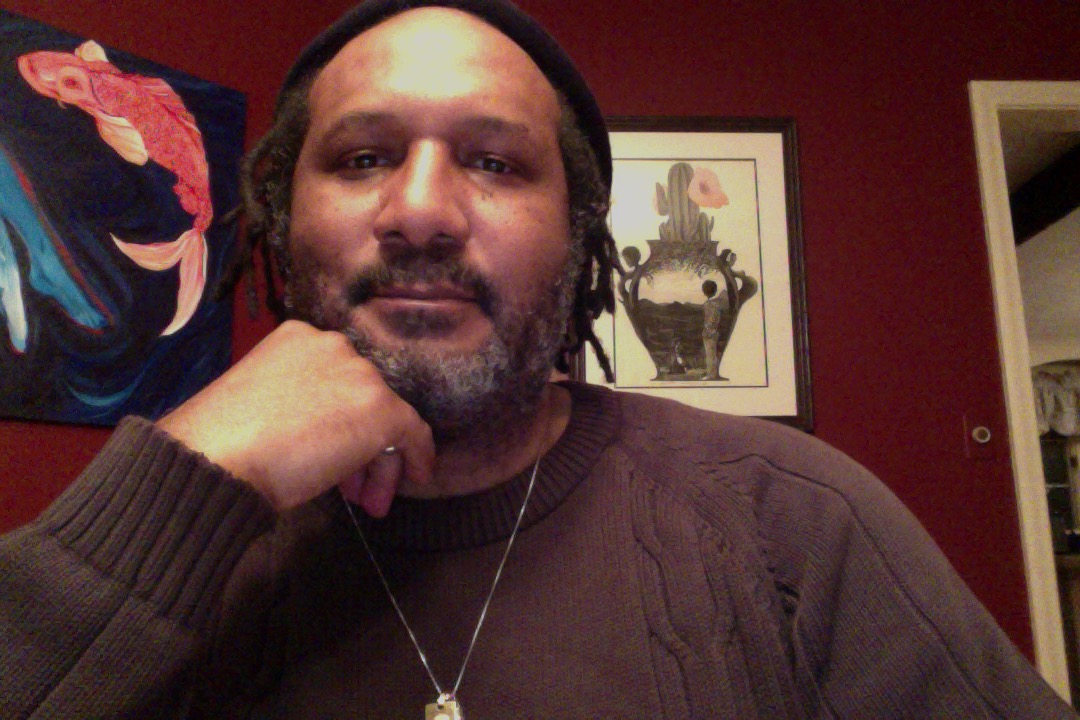 |
|
Lewis R. Gordon is an Afro-Jewish philosopher, political thinker, educator, and musician, who was born on the island of Jamaica and grew up in the Bronx, New York, where he attended Evander Child’s High School, played jazz in NY night clubs, and went to Lehman College where he graduated with honors in philosophy and political science. He is a professor of philosophy with affiliations in Judaic studies, Caribbean and Latina/o studies, and Asian and Asian American studies at UCONN-Storrs. Gordon’s research in philosophy is in Africana philosophy, philosophy of existence, phenomenology, social and political philosophy, philosophy of culture, aesthetics, philosophy of education, and philosophy of science. In addition to theories of social transformation, decolonization, and liberation, Gordon’s research in social and political philosophy also addresses problems of normative political concerns beyond justice. As a public intellectual, Gordon has written for a variety of political forums, newspapers, and magazines. He continues to perform music: jazz with Matthew K. Holmes in the Hartford area, Blues without Borders (a combo of colleagues at UCONN), and, with his son Elijah Gordon and student Greg Doukas, ThreeGenerations (an alternative rock band). Their first EP, Now!, is available on music sites world wide. > further
|
|
|
|
Margarida Sousa |
|

@ Carlos Gomes
|
|
Margarida Sousa was born in 1976 in Ourém. Graduates in Organisational Communication at the School of Education of Coimbra, in 2002. In 2000 she concludes the Free Interpretation Course under supervision of Antonio Mercado. Later on she concludes her degree in Theatre and Education at the School of Education of Coimbra (2006). Among her training activities in theatre are the Seminar " O Teatro em Contextos Especiais " with Dragan Klaic, in 2002, the workshop with Valentyn Teplyakov - " Fundamentos do sistema de Stanislavski " in 2005, and the Workshop " Teatro do Gesto " with Norman Taylor in 2010. Her professional activity in theater begins in 2005, at the company O Teatrão, where she takes office as Director, works as an actress, in the production area, and as a pedagogue in the Theatre Classes Project. As an actress, she worked with creators such as Antonio Mercado, António Fonseca, Corrina Manara, Dagoberto Feliz, João Mota, Nuno Pino Custódio, Marco António Rodrigues, Ricardo Correia, Jorge Louraço Figueira, Patrick Murys, among others. As pedagogue she has developed several educational projects in the theatre area for all audiences, especially the co-orientation in two Projetos Panos (2013 and 2014), a Teatrão collaboration with Culturgest, and in 2016, participation in the theatrical project "Detráspráfrente" developed with seniors. |
|
|
|
Maria Paula Meneses |
 |
|
Maria Paula Meneses is a researcher at the Centre for Social Studies, University of Coimbra. She is also a member of the Centre for Social Studies Aquino de Bragança, in Mozambique. Among the research topics which she currently works on are postcolonial debates, legal pluralism, with particular emphasis on the relations between the State and the 'traditional authorities' in the African context , and the role of official history, memory and 'other' stories in the rescue of a broader sense of belonging in the field of contemporary identity processes, especially in the African geopolitical context. Maria Paula Meneses has taught at the University of Seville (Spain), SOAS (UK), Bayreuth (Germany), Universidade Federal Fluminense (Brazil), among others.Among her published works are: O Direito por fora do Direito: as instâncias extra-judiciais de resolução de conflitos em Luanda (co-edited with Julio Lopes, Almedina, 2012); Epistemologias do Sul (co-edited with Boaventura de Sousa Santos, Cortez, 2012); Law and Justice in a Multicultural Society: The Case of Mozambique (co-edited with Boaventura de Sousa Santos and João Carlos Trindade, CODESRIA, 2006). > further
|
|
|
|
Mick Mengucci |
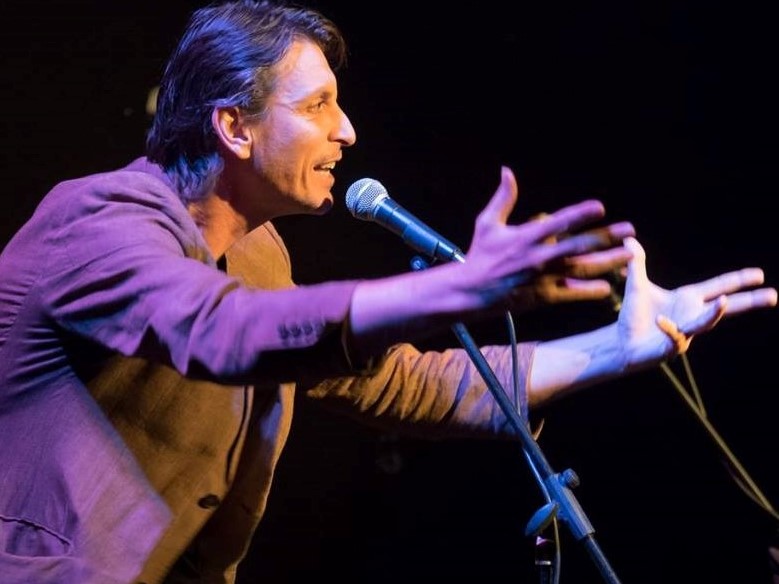 |
|
Musician, performer and multimedia engineer. Italian, residing in Lisbon, since 1998, mixes scientific skills with his music, poetry and art. He works as entertainer and singer in bands and coordinates artistic projects mixing spoken word with multimedia interaction. Gives workshops in schools, around poetry slam, digital arts and musicality in collaboration with other artists and human beings through the Lab.I.O. – Laboratory for Interaction with orality. Mick was finalist in the first slam he participated to (second poetry slam ever organized in Portugal by the “Festival do Silencio” organization in 2010) and then won many m onthly editions of Slam LX and two editions of Slam Sul. Apart from that he started the regular events of poetry slam in Portugal with a group called Poetry Slam Lisboa, now not active anymore, and the with Lab.I.O. Slam. > further |
|
|
|
Raquel Lima |
.jpg) |
Raquel Lima is an author and a poetry slam activist. She participated in the Festival Silêncio 2011, during the evening dedicated to intervention poetry, before the singer and poet Linton Kwesy Johnson, and came in 1st place in the third edition of the Poetry Slam Portugal. She was invited to participate in Poetry Slam international events in Italy, France, Poland, United Kingdom, Belgium, Brazil, Estonia, Spain, Netherlands, Sweden and Sao Tome and Principe. As an Poetry workshop organiser and trainer she is responsible for the Poetry Slam Sul in Almada, supported the launch of Poetry Slam in Aveiro, Cascais and Sines; streamlined Slam São Tomé, under the artistic residence 'Contemporary Portugal with Sao Tome and Principe'; collaborated in the project ‘Palavra Dita e Feita’ in Lisbon and Porto; organised the 1st Lusophone Poetry Slam under the Fourth Biennial for Lusophone Cultures; streamlined the Workshop 'Poetry and Gender' in Tartu (Estonia) and currently is the General Coordinator for PortugalSLAM - Plataforma e Festival Internacional de Poesia e Performance. Raquel Lima has published poems in anthologies and Edições Côdeas, Fazedores de Letras, Poetas do Povo e ‘3,2,1,SLAM!, and is part of the instrumental spokenword group TAPETE. She is the founder of Pantalassa Cultural Association, graduated in Art Studies at the Faculty of Arts and Humanities and works as a cultural producer. > further |
|
|
|
Renan Inquérito |
2.jpg) |
Brazilian, Master in Geography by Unicamp and PhD candidate at Unesp, he began his trajectory as a teacher in rural settlements, moving on to teaching at elementary, middle and high schools and college. Artistically, he has been in the hip-hop movement since 1997, when he founded the rap group Inquérito, with which he recorded 5 albums throughout his career.
With three published poetry books his work blends art and education with a hip-hop and literature angle. In his master's dissertation “Cada Canto um Rap, Cada Rap um Canto” [Every Song a Rap, Every Rap a Song] (Unicamp, 2012), told the story of Brazilian regionalities through rap. He co-authored the Rap Opera Global script with the sociologist Boaventura de Sousa Santos, with whom he also conducts research and is preparing a book. |
|
|
|
Sara Araújo |
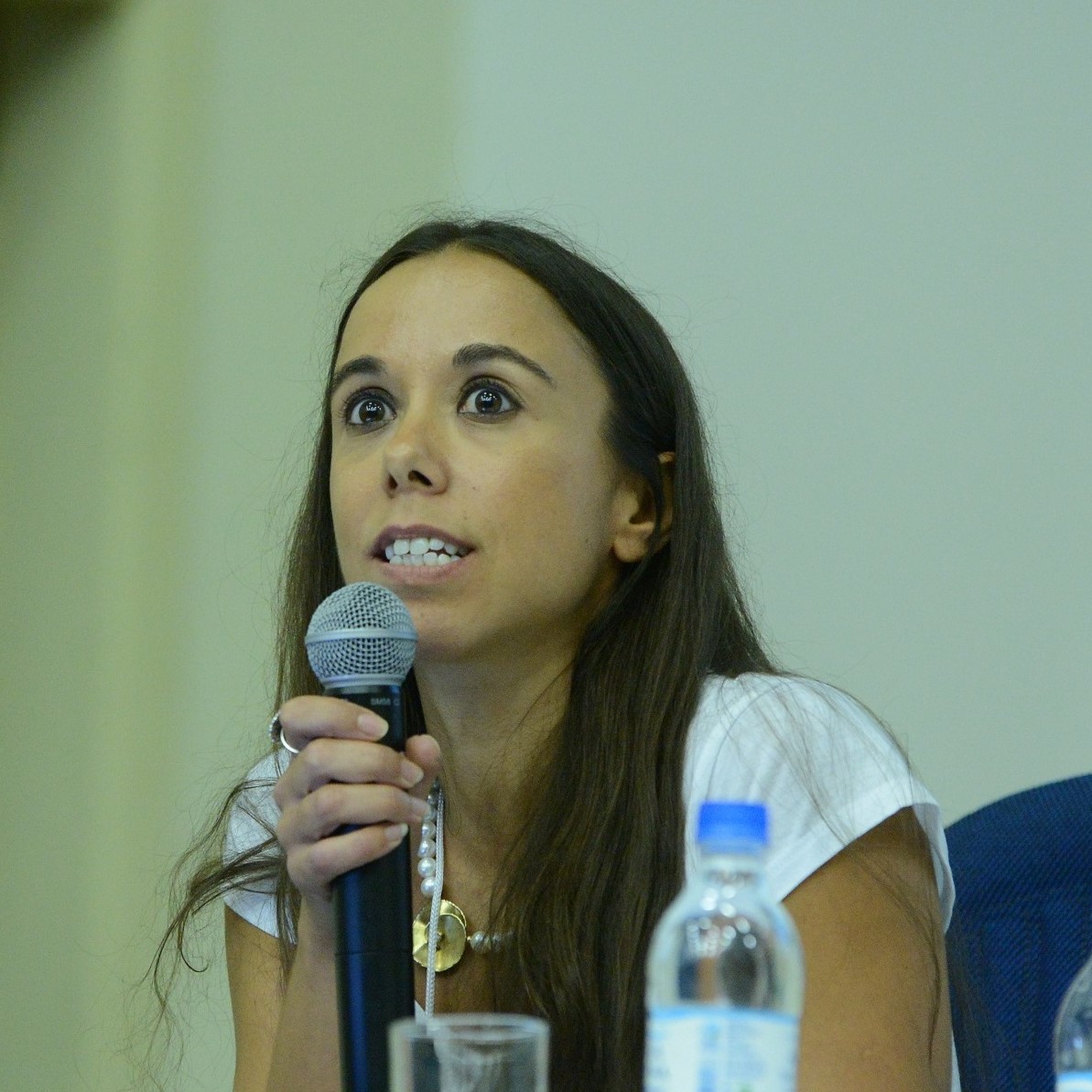 |
|
Sara Araújo is a researcher at the Centre for Social Studies and a member of the Research Group on Democracy, Citizenship and Law. She is co-coordinator of the project "ALICE - Strange Mirrors, Unsuspected Lessons: Leading Europe to a new way of sharing the world experience", in which thinking and research is being developed from the proposal of the Epistemologies of the South. Sara Araújo holds a PhD in "Law, Justice, and Citizenship in the Twenty First Century" from the University of Coimbra. Her master dissertation was awarded with the Prize Agostinho da Silva by the Lisbon Academy of Sciences. She was part of the Permanent Observatory for the Portuguese Justice and has been a member of the bi-national research team for the Revision of the Judicial Organization of Mozambique. Her main research interests are on issues related to legal pluralism, access to justice, community justice/Alternative Dispute Resolution/Informal Justice, Justice Administration in Africa, human rights and interculturality, ecology of knowledges and ecology of justices. > further |
|
|
|
Tainá Paiva Godinho |
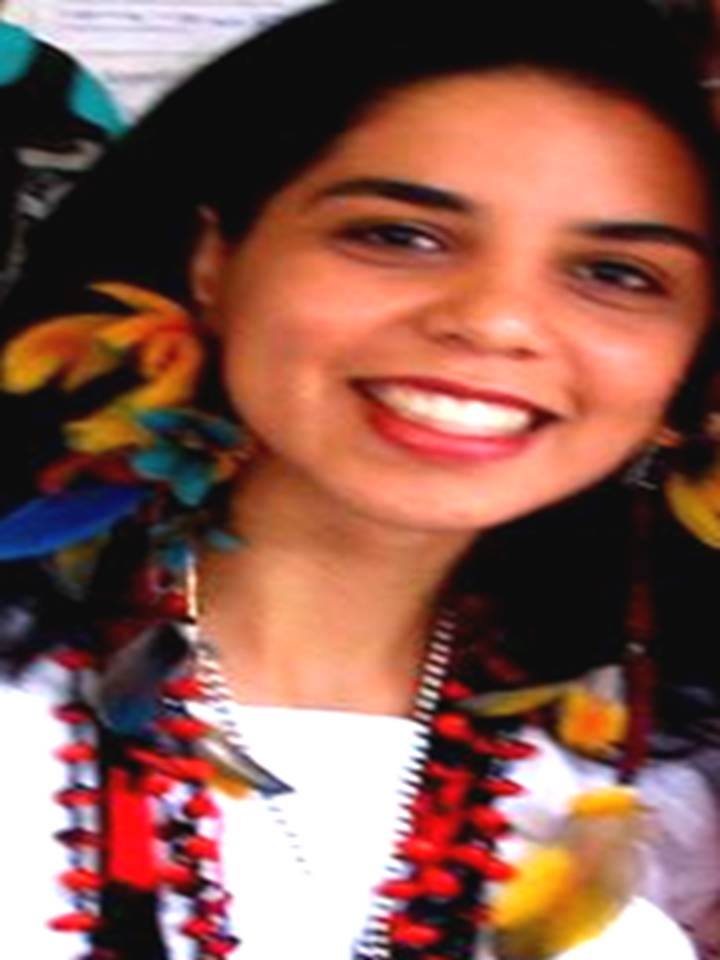 |
|
Tainá Marajoara, é uma mulher de 32 anos, miúda em seu pouco mais de 1,50, vem do povo originário aruã-marajoara. Fundadora do Ponto de Cultura Alimentar Iacitatá e coordenadora do projeto CATA - Cultura Alimentar Tradicional Amazônica , Tainá vem desenvolvendo argumentações que distinguem conceitualmente gastronomia e cultura alimentar, tecendo um discurso raro e politizado no cenário da cultura brasileira e sacudindo os especialistas em alimentação ao colocar seus estudos no espaço público e fazer da cultura alimentar uma ferramenta democrática para o alcance de direitos no Brasil e salvaguarda do planeta. Sua argumentação mobilizou povos indígenas,povos e comunidades tradicionais e embasou o reconhecimento da comida como cultura no Brasil, em 2013, durante a Conferência Nacional de Cultura, o que ainda resultou na formação de um Colegiado Setorial de Cultura Alimentar no Ministério da Cultura. Ela luta “pelo direito de sermos floresta”, levantando-se contra mídias, ruralistas e demais lobbystas do agrohidrobionegócio anunciando a violação de direitos, genocídio e a lavagem verde de dinheiro na Amazônia, tirando a paz dos burocratas e tirando de pauta projetos de lei "greenwashing" defendidos por chefs estrelados patrocinados pela indústria de alimentos e latifundiários. Sua enérgica incidência política ressignificou também a comida saudável, pois para ela "terra grilada não produz alimento saudável" e a luta pela cultura alimentar é uma luta pela vida. |
|
|
|
Teresa Cunha |
 |
|
Teresa Cunha was born in Huambo, Angola and lives in Coimbra, Portugal. She has a PhD in Sociology by the University of Coimbra with a comparative thesis on 'A feminist and post-colonial analysis of East Timorese and Mozambican women's power and authority strategies'. She is working in a post-doctoral project with the following title: Women InPower Women. Democracy, dignity and good-living in Mozambique, South Africa and Brazil. is a senior researcher at the Centre for Social Studies of Coimbra University. She is a professor at the College of Education in Coimbra, senior trainer of the Council of Europe and president of the NGO 'Action for Justice and Peace'. She has studied Philosophy, Theology, Sciences of Education and Sociology. Her research main interests are: feminism, post-colonialism and Indian ocean, human rights; women and post-conflict; security and memory, feminist economies. She has published the following books: Ensaios pela Democracia. Justiça, dignidade e bem-viver; Elas no Sul e no Norte; Timor-Leste: Crónica da Observação da Coragem; Feto Timor Nain Hitu - Sete Mulheres de Timor; Vozes das Mulheres de Timor; Andar Por Outros Caminhos; Raízes da ParticipAcção. She also published several scientific articles and book chapters in different countries and languages. > further
|
.png) |
.png)


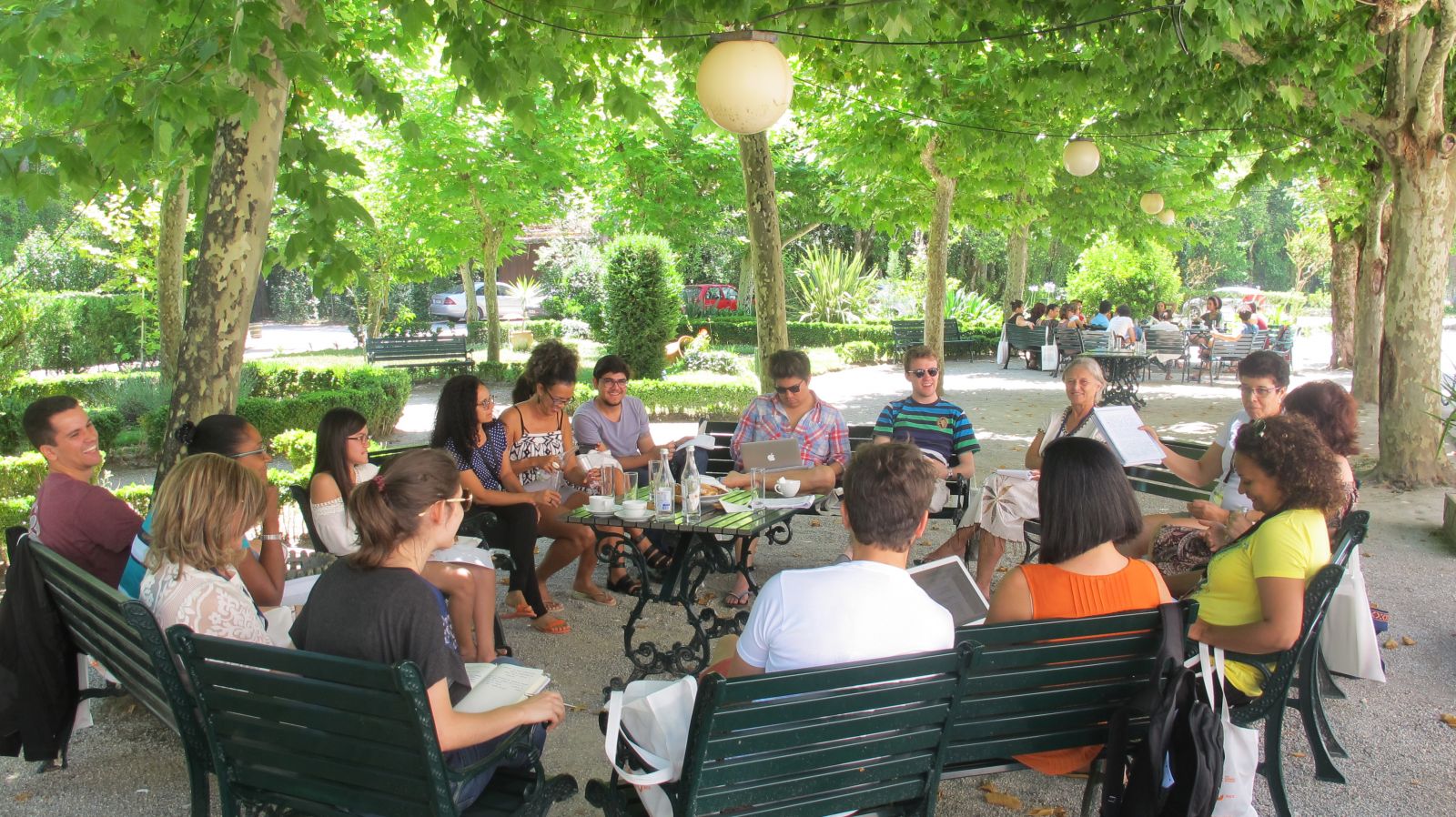
.jpg)
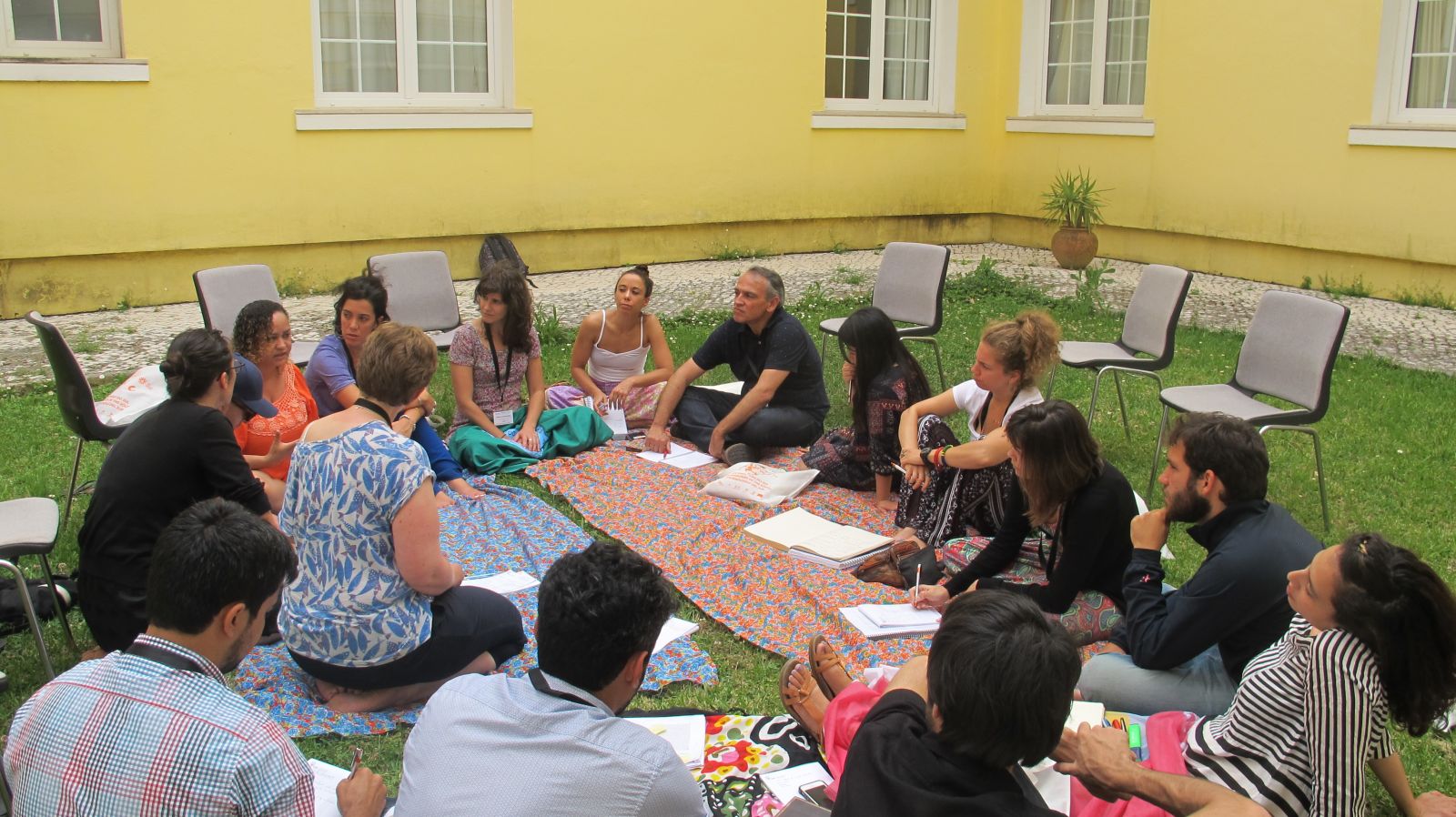
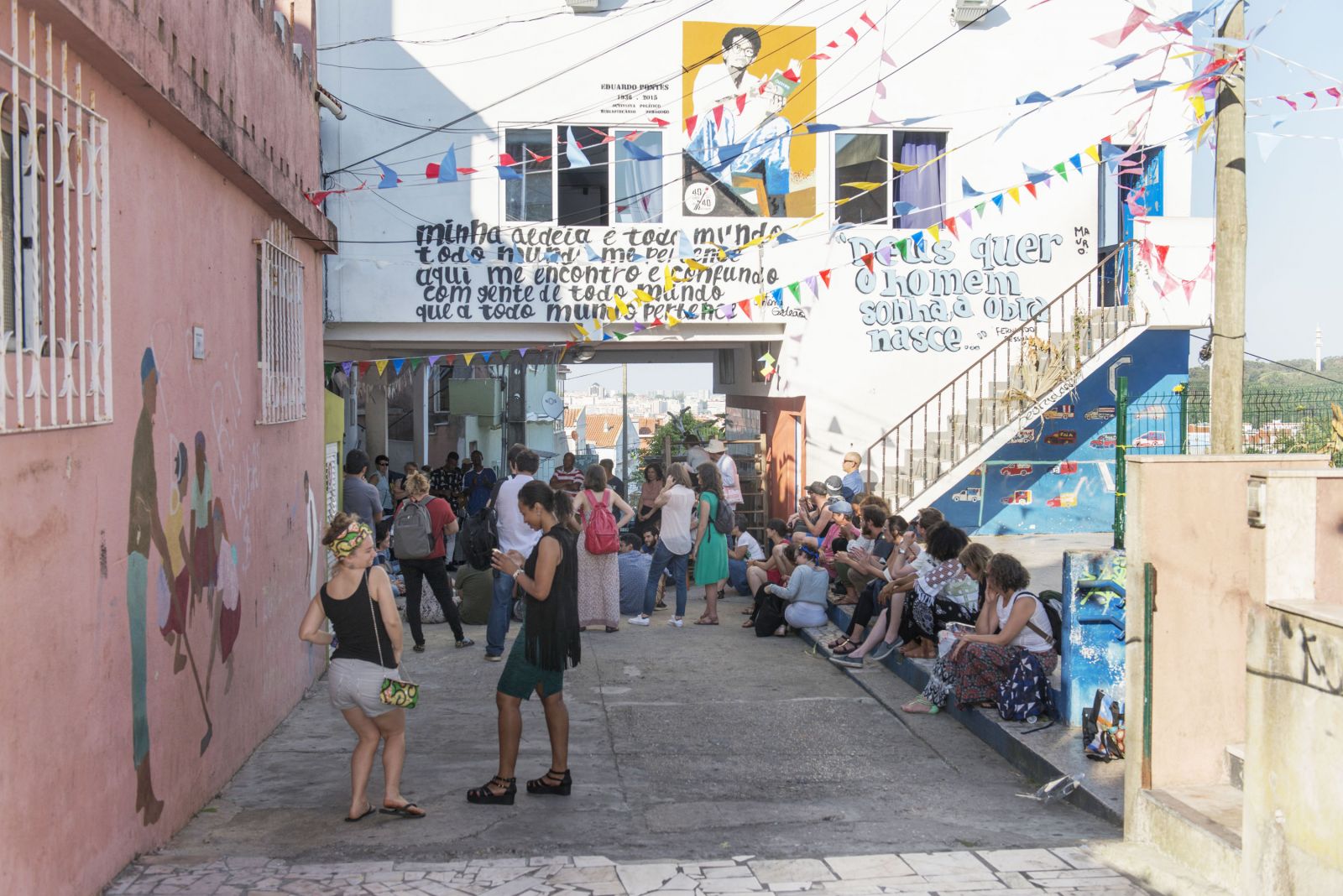
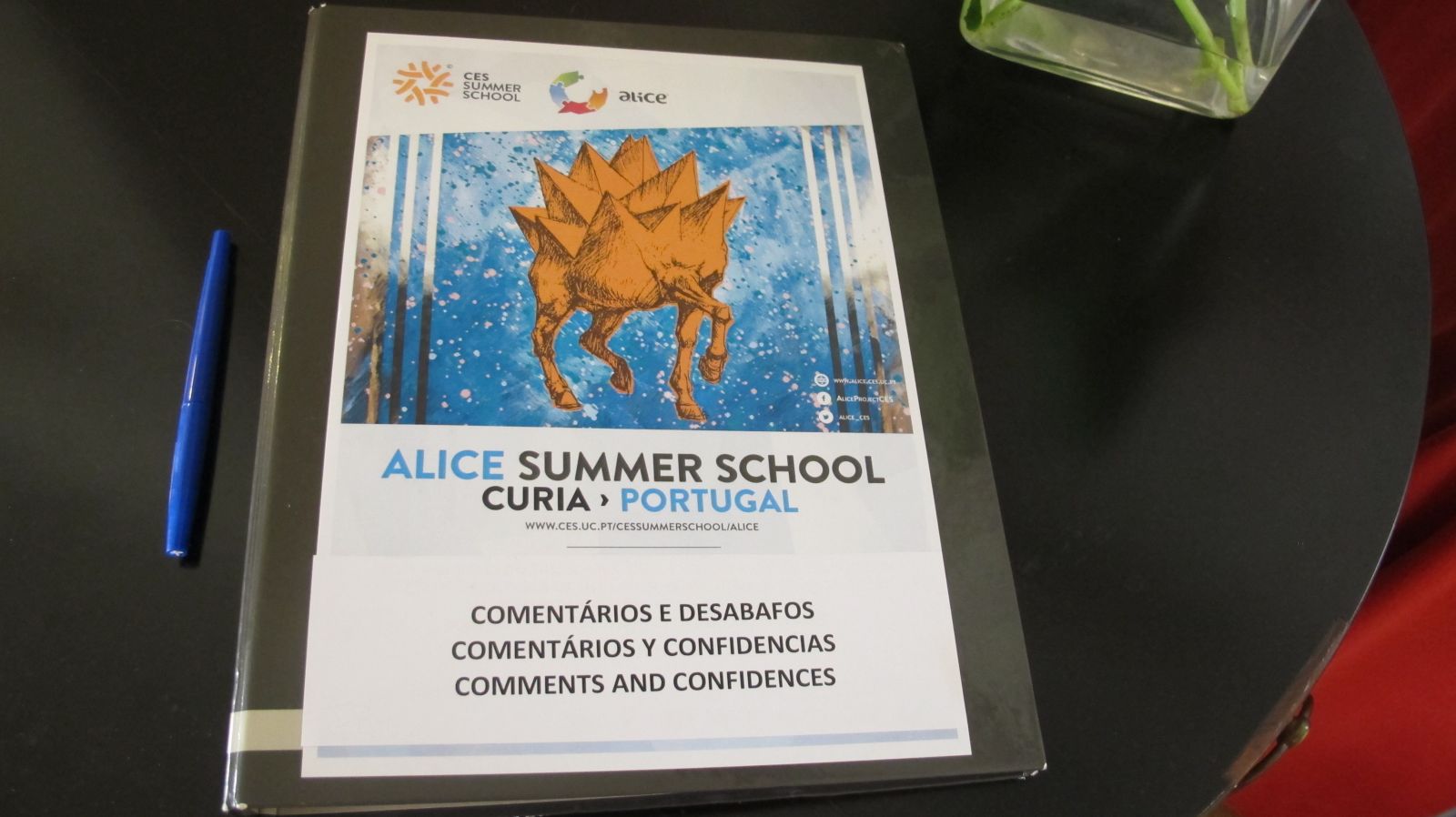
.jpg)
.jpg)
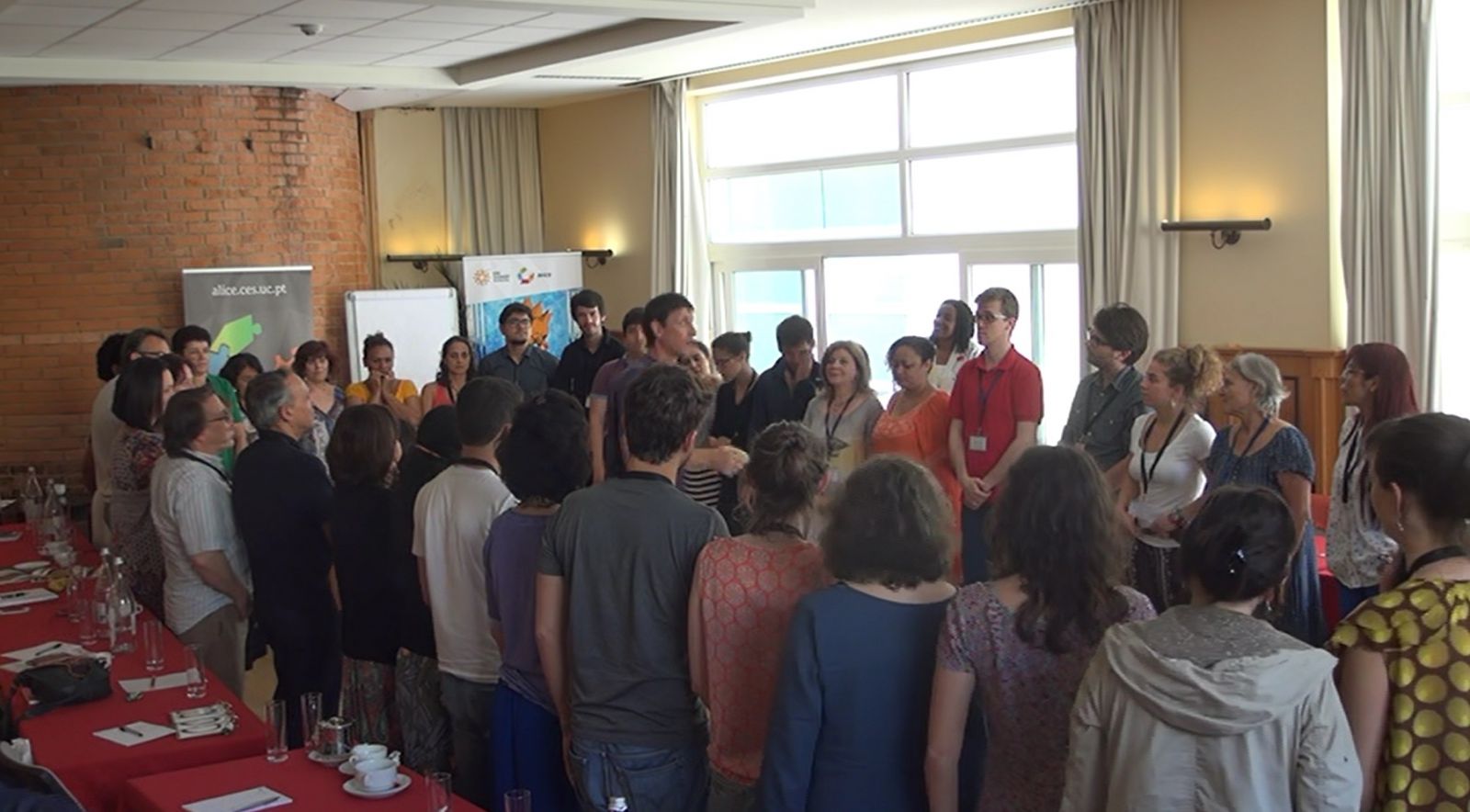
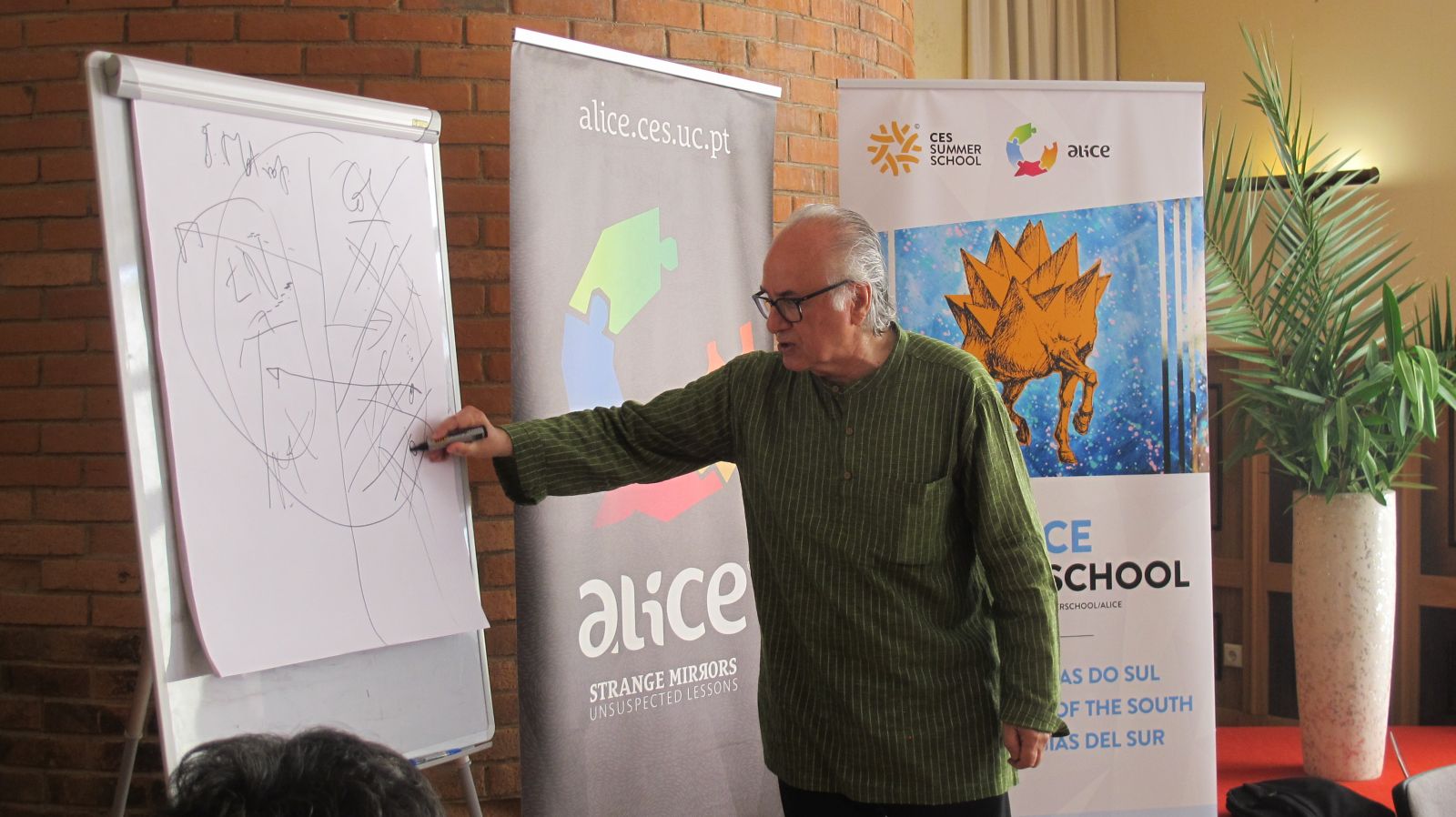
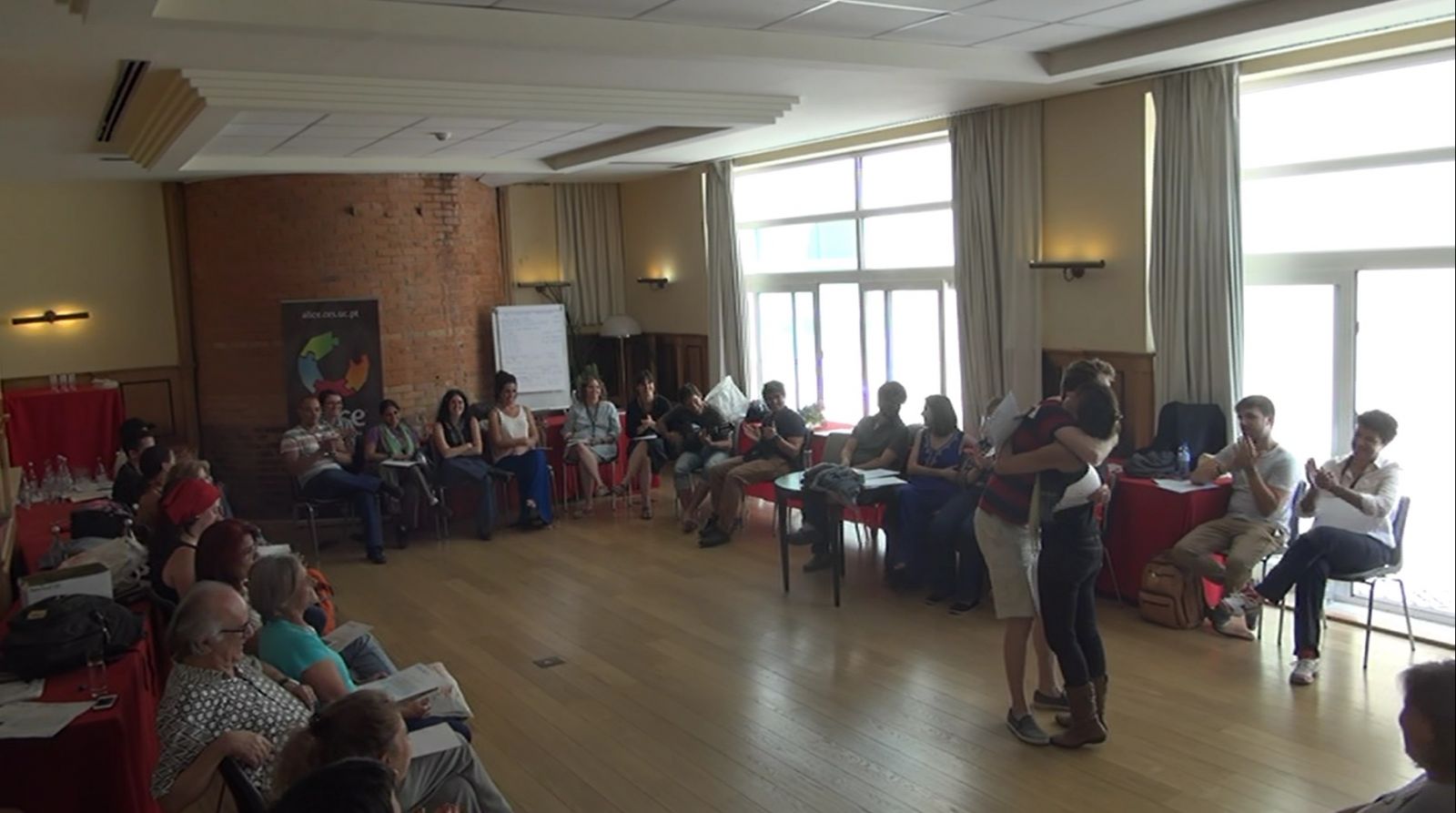
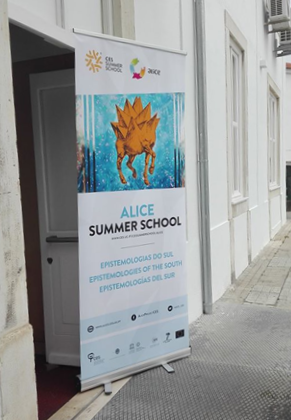












.jpg)
2.jpg)



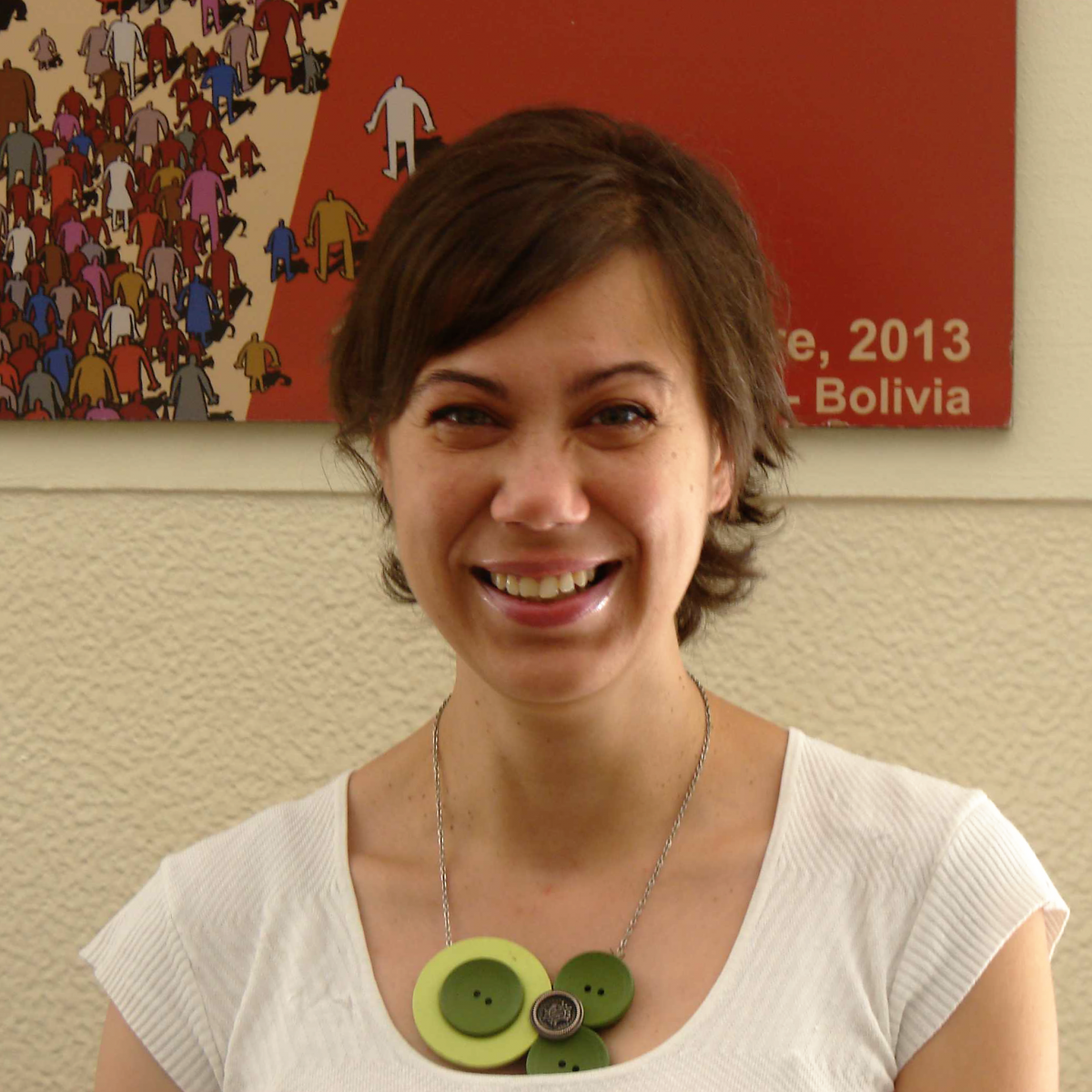
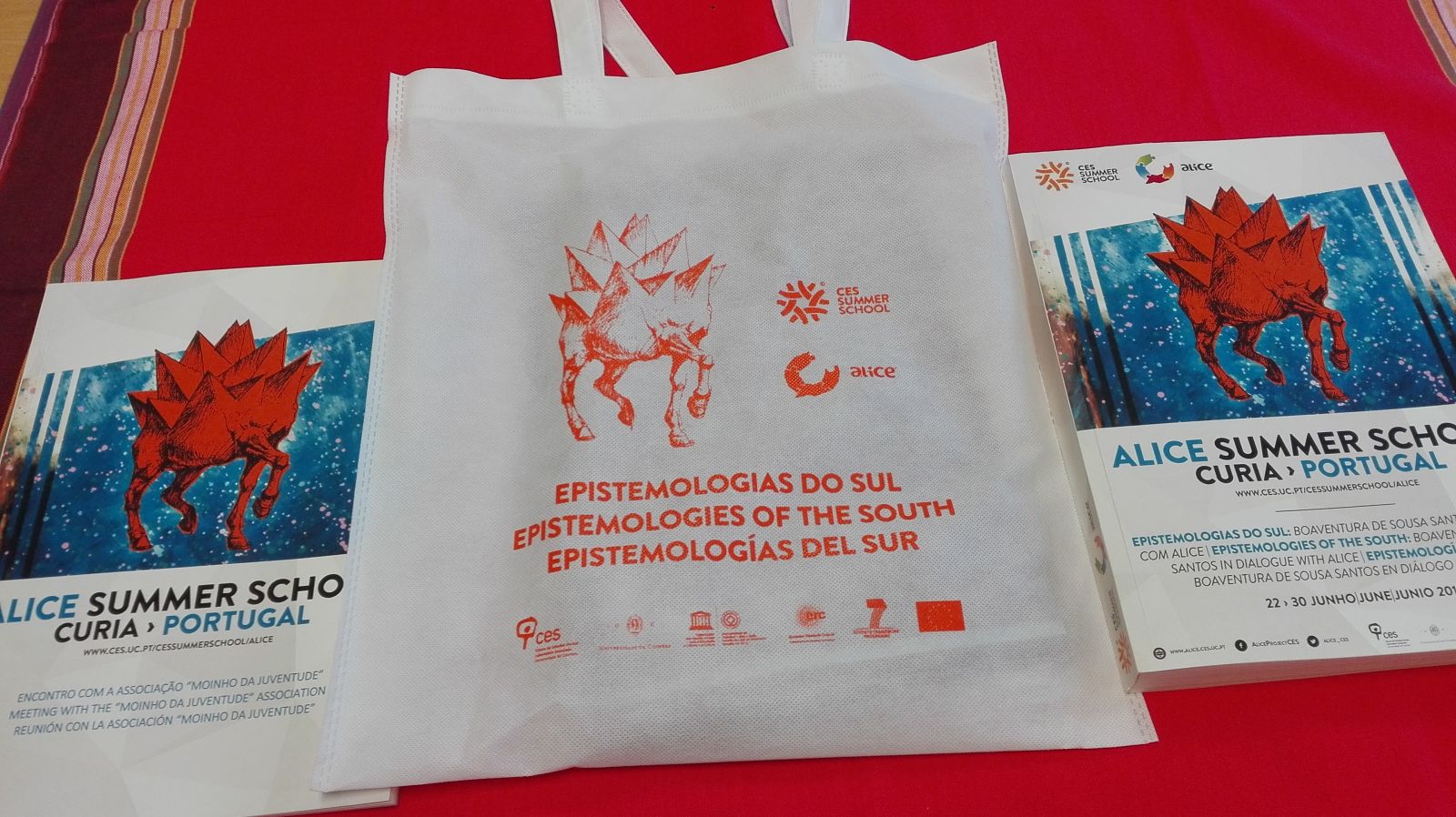
.png)
.JPG)
.JPG)
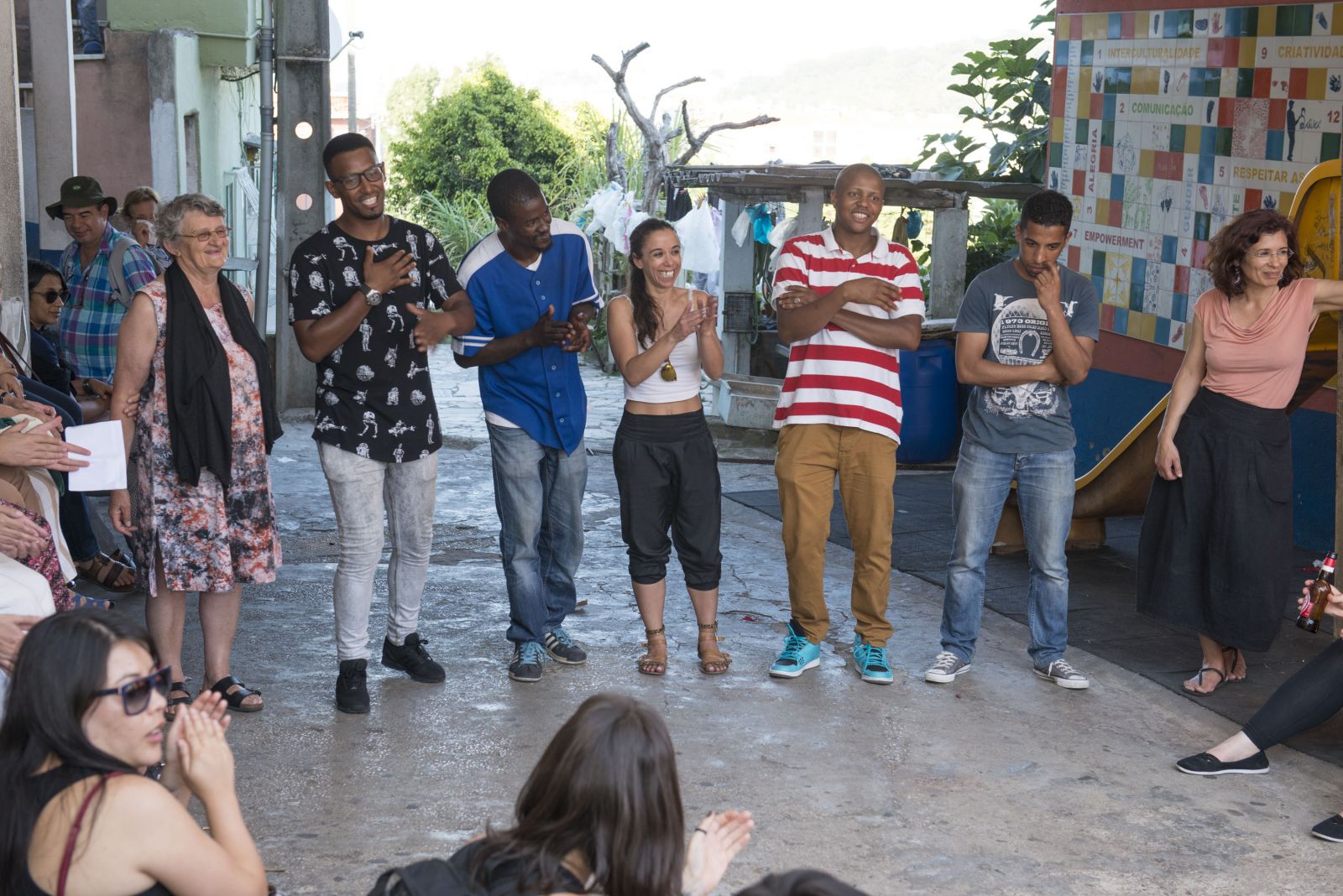
.JPG)
.JPG)
.JPG)
.JPG)
.JPG)
.JPG)
.jpg)
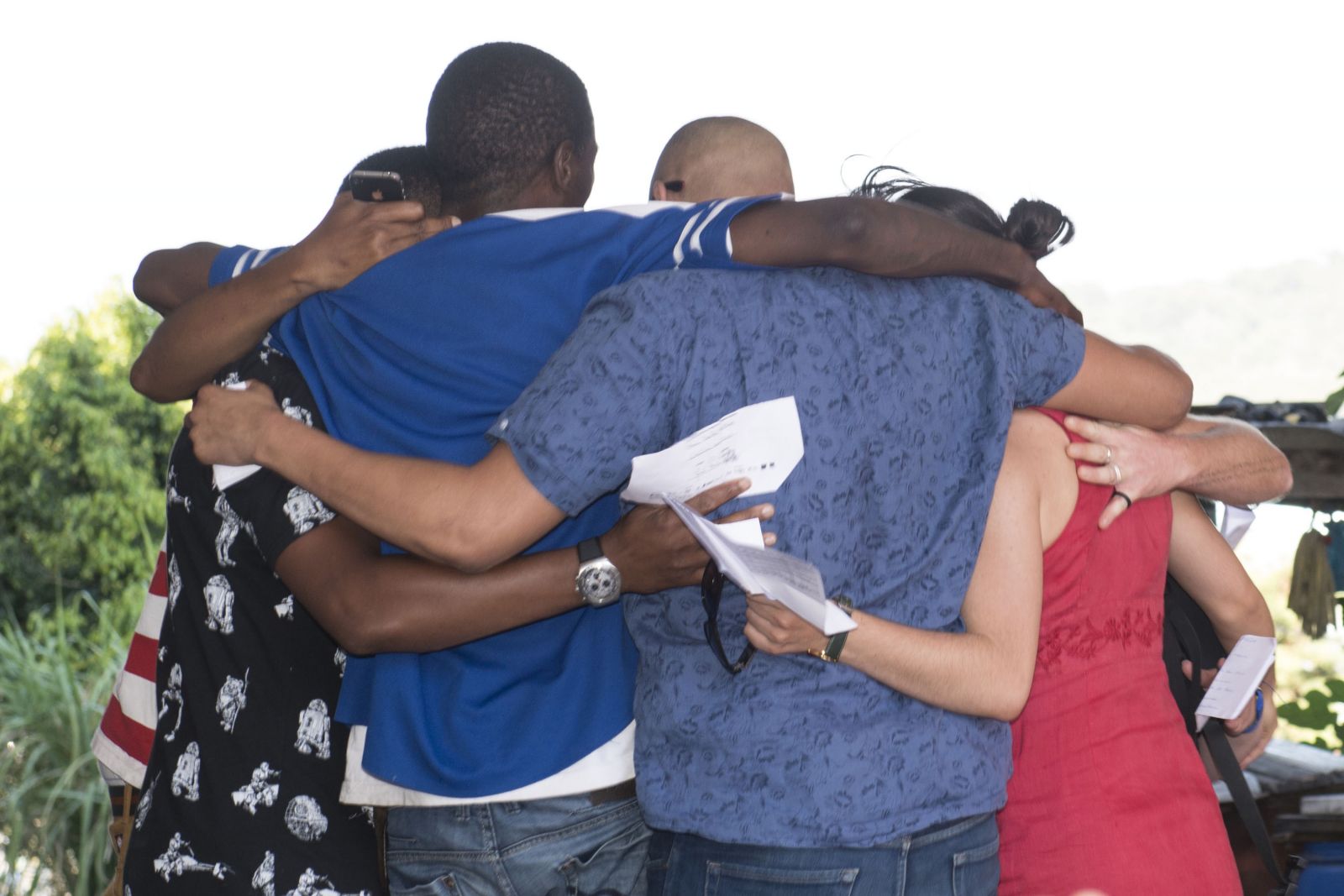
.jpg)
.JPG)
.JPG)
.JPG)
.JPG)
.jpg)
.JPG)
.JPG)
.JPG)
.JPG)
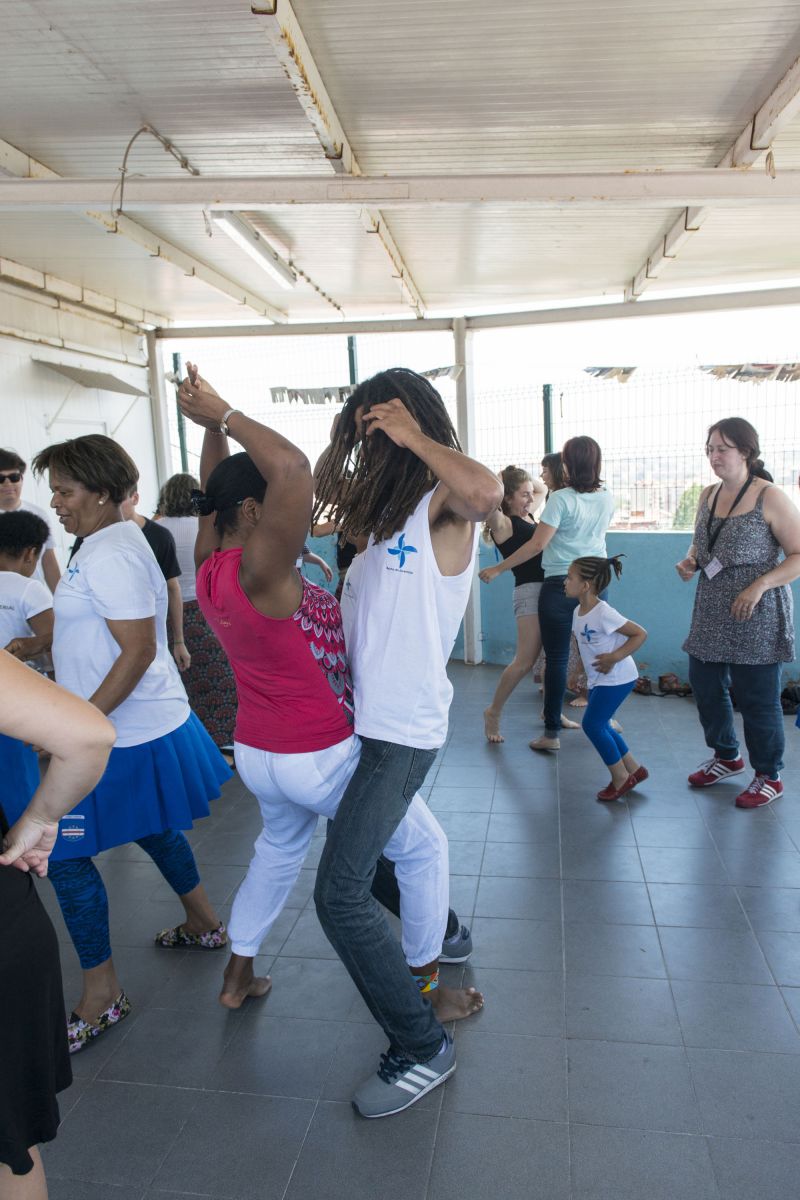
.JPG)
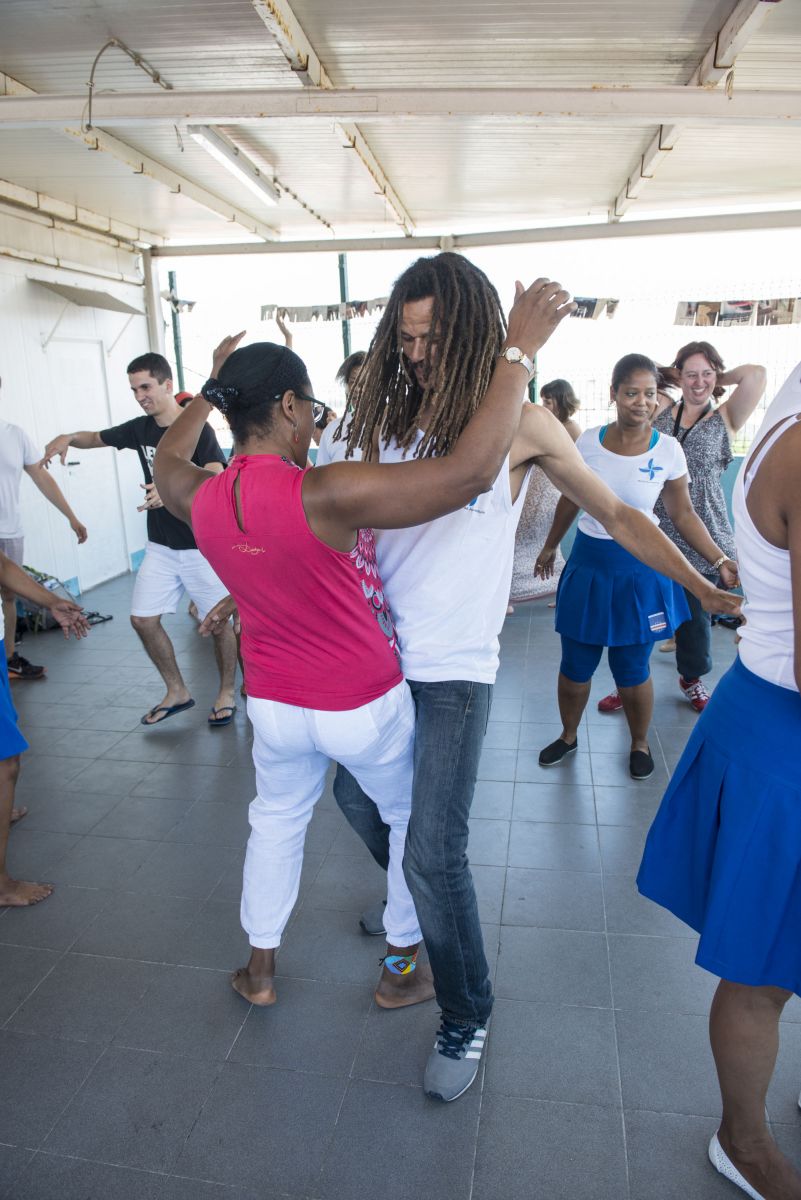
.jpg)
.JPG)
.JPG)
.JPG)
.jpg)
.JPG)
.jpg)
.JPG)
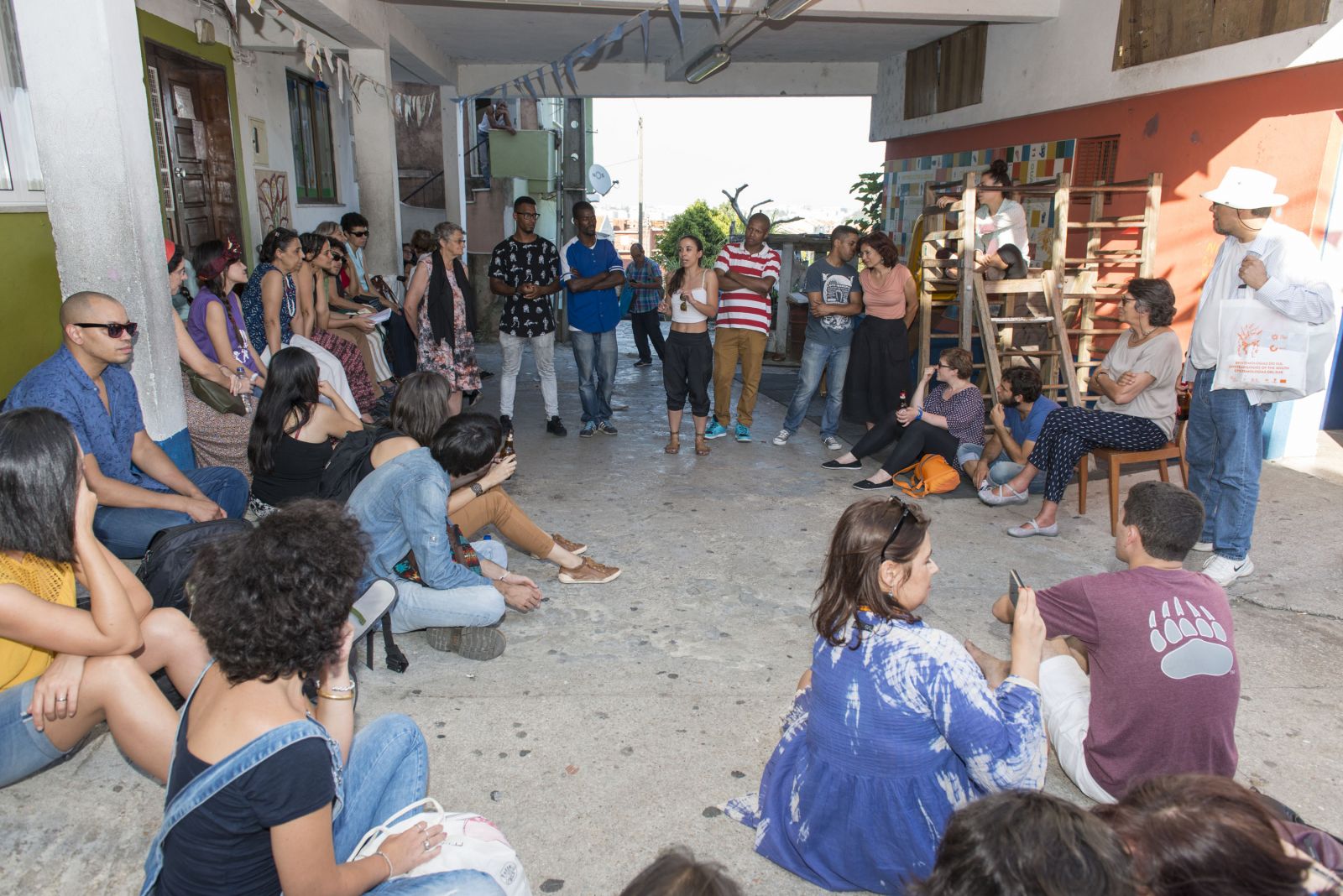
.JPG)
.JPG)
.JPG)
.jpg)
.JPG)
(1).jpg)
.JPG)
.JPG)
.JPG)
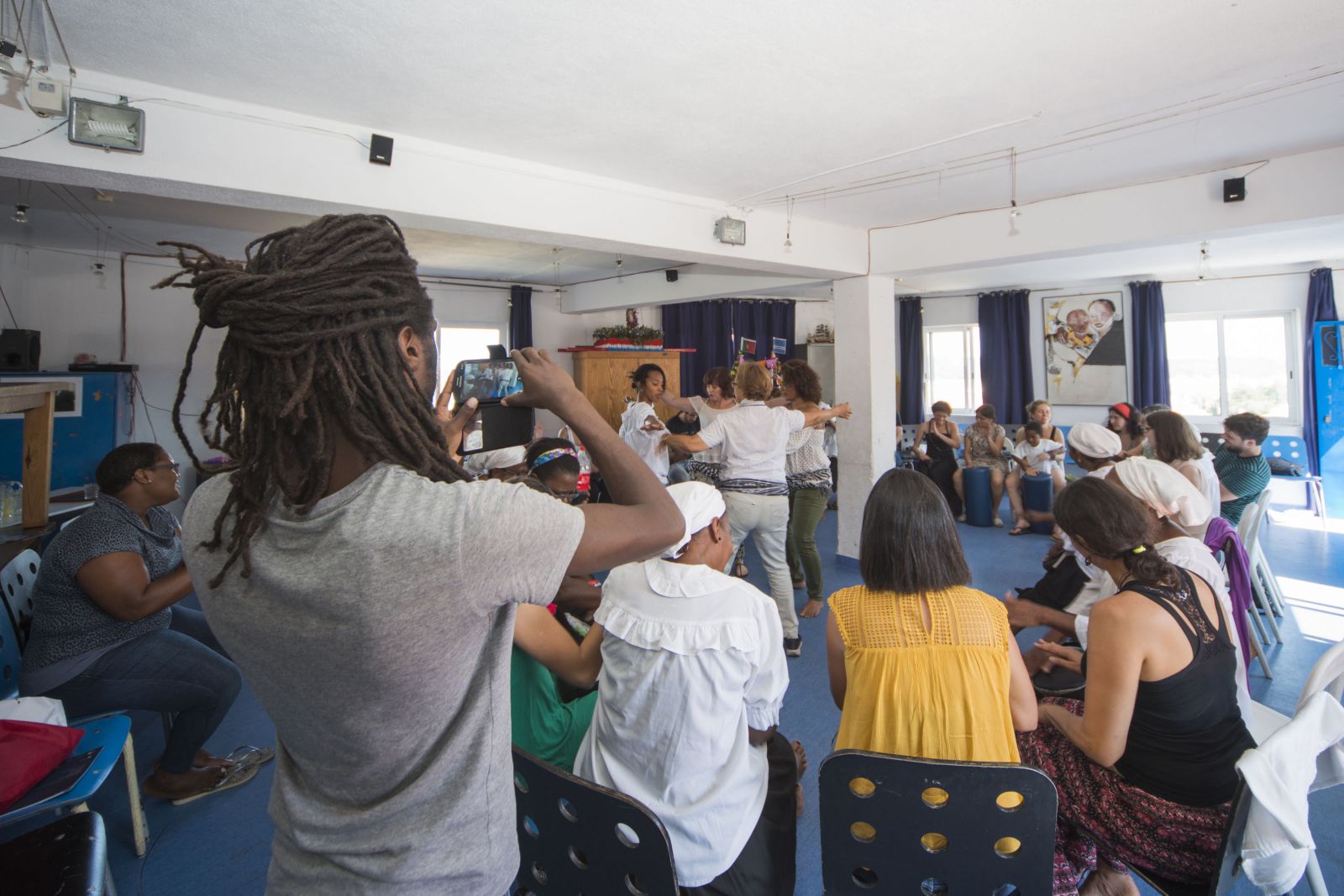
.jpg)
.JPG)
.JPG)
.JPG)
.JPG)
.JPG)
.JPG)
.JPG)
.JPG)
.JPG)
.JPG)
.JPG)
.JPG)
.JPG)
.JPG)
.jpg)
.JPG)
.JPG)
.JPG)
.JPG)
(1).JPG)
.JPG)
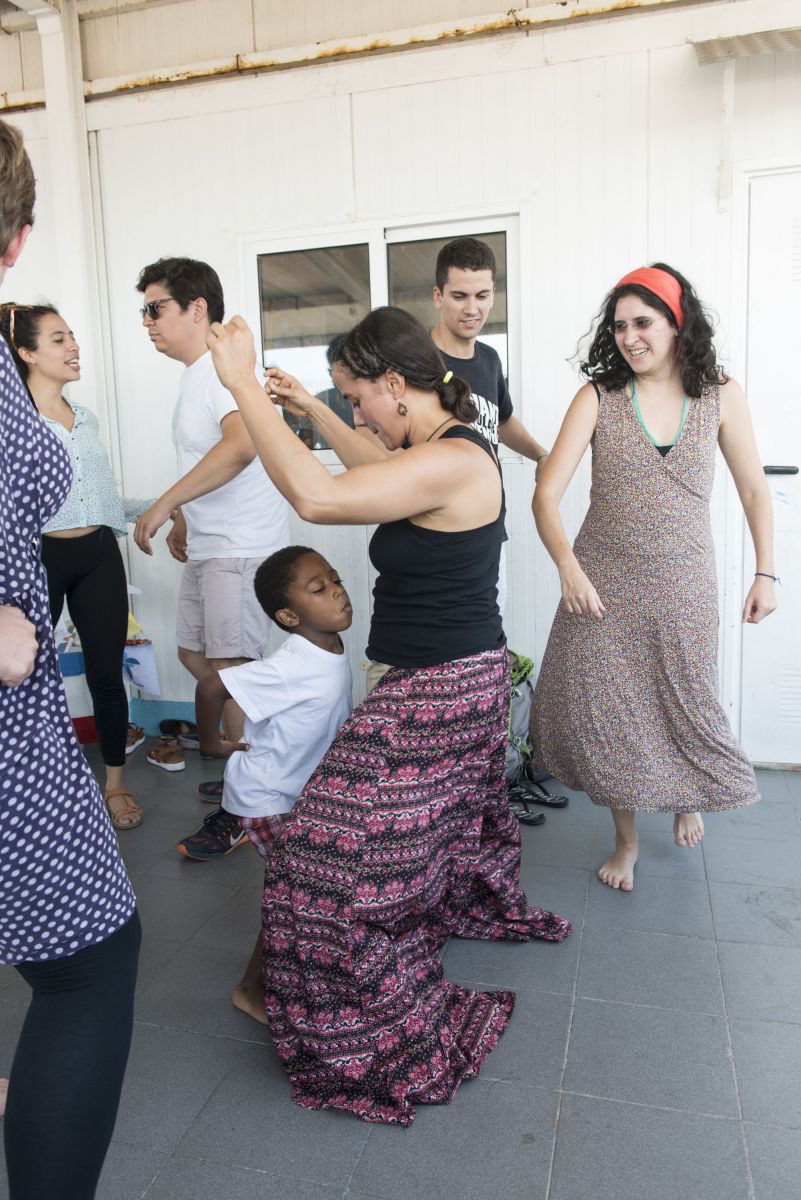
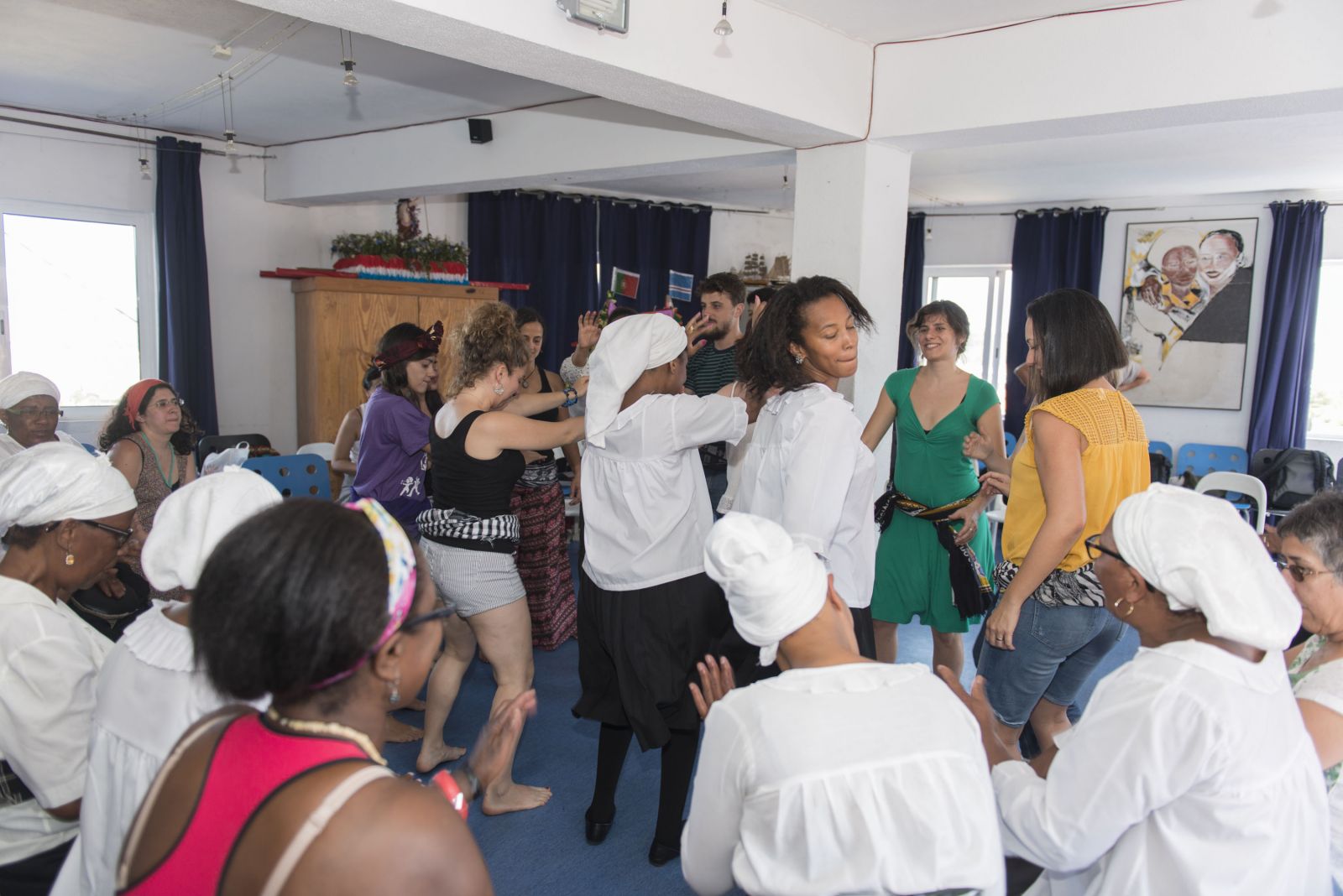
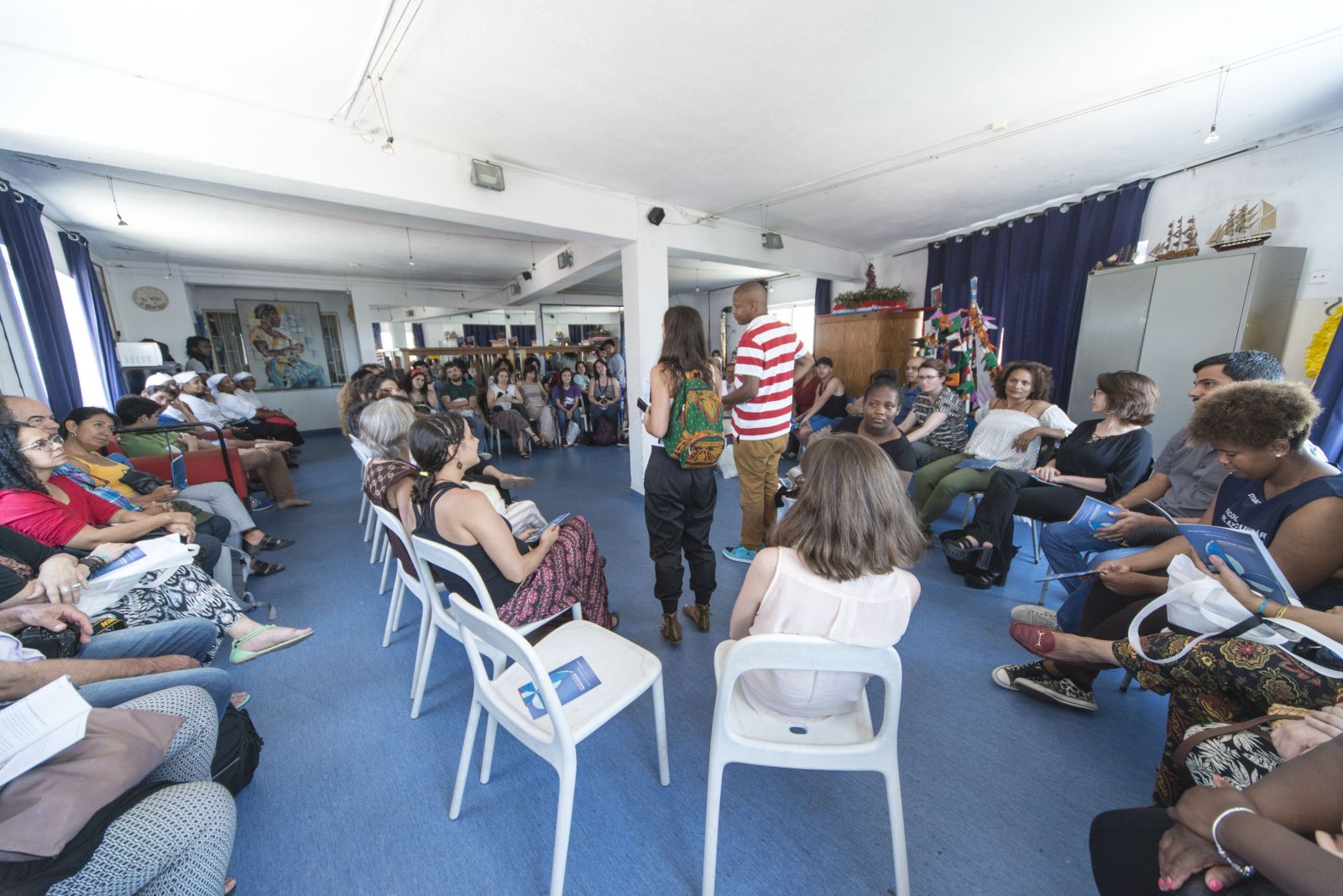
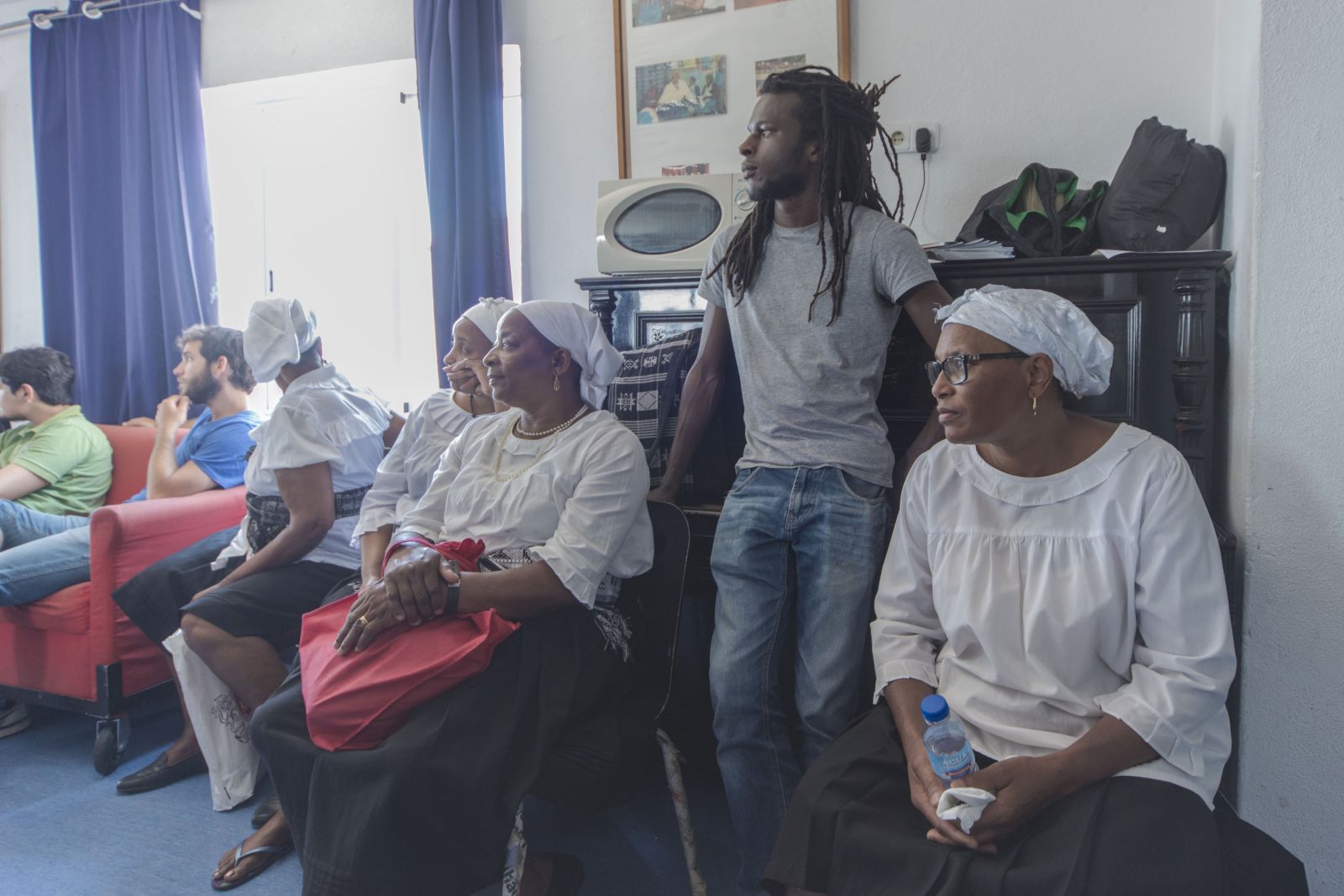
.JPG)
.JPG)
.jpg)
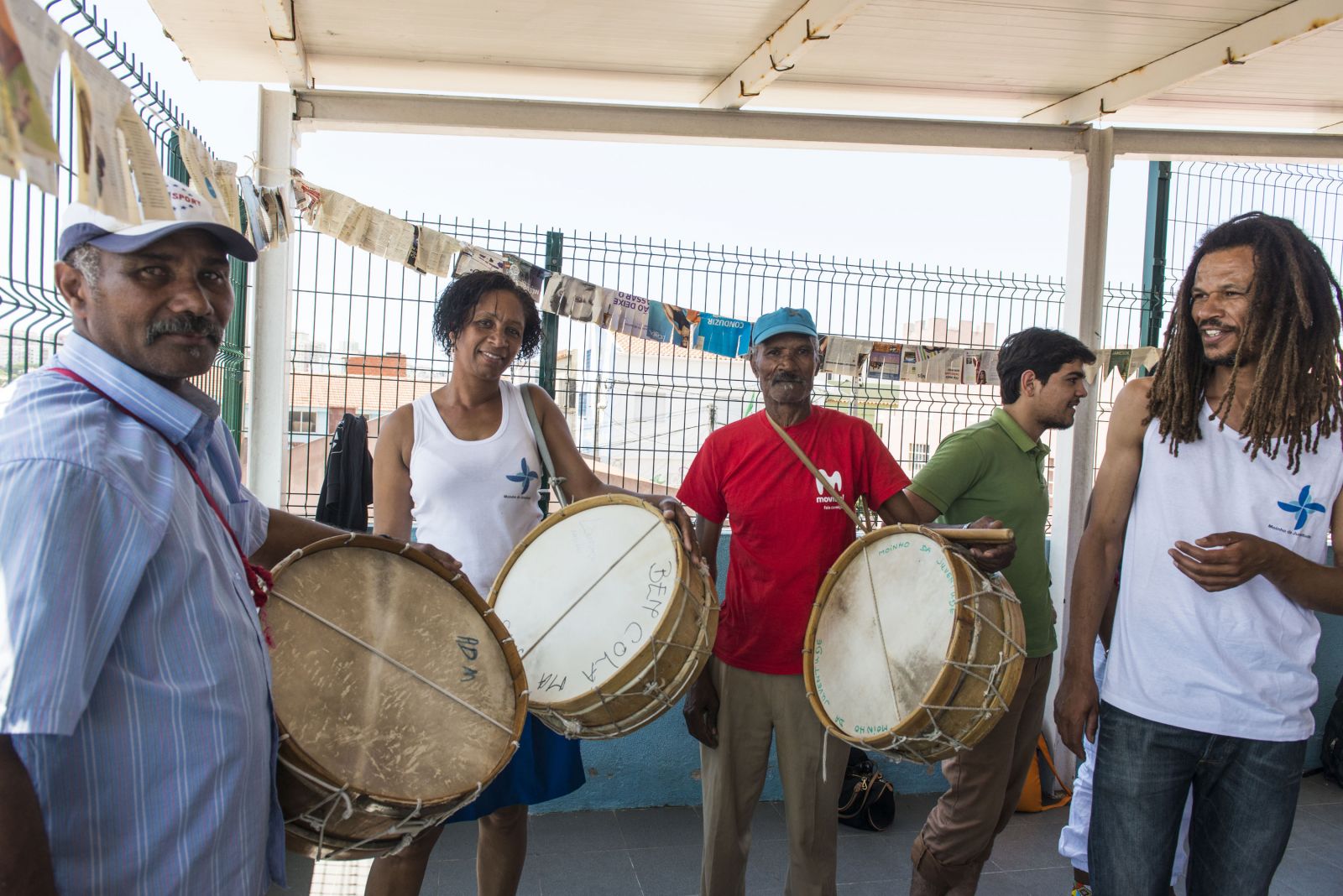
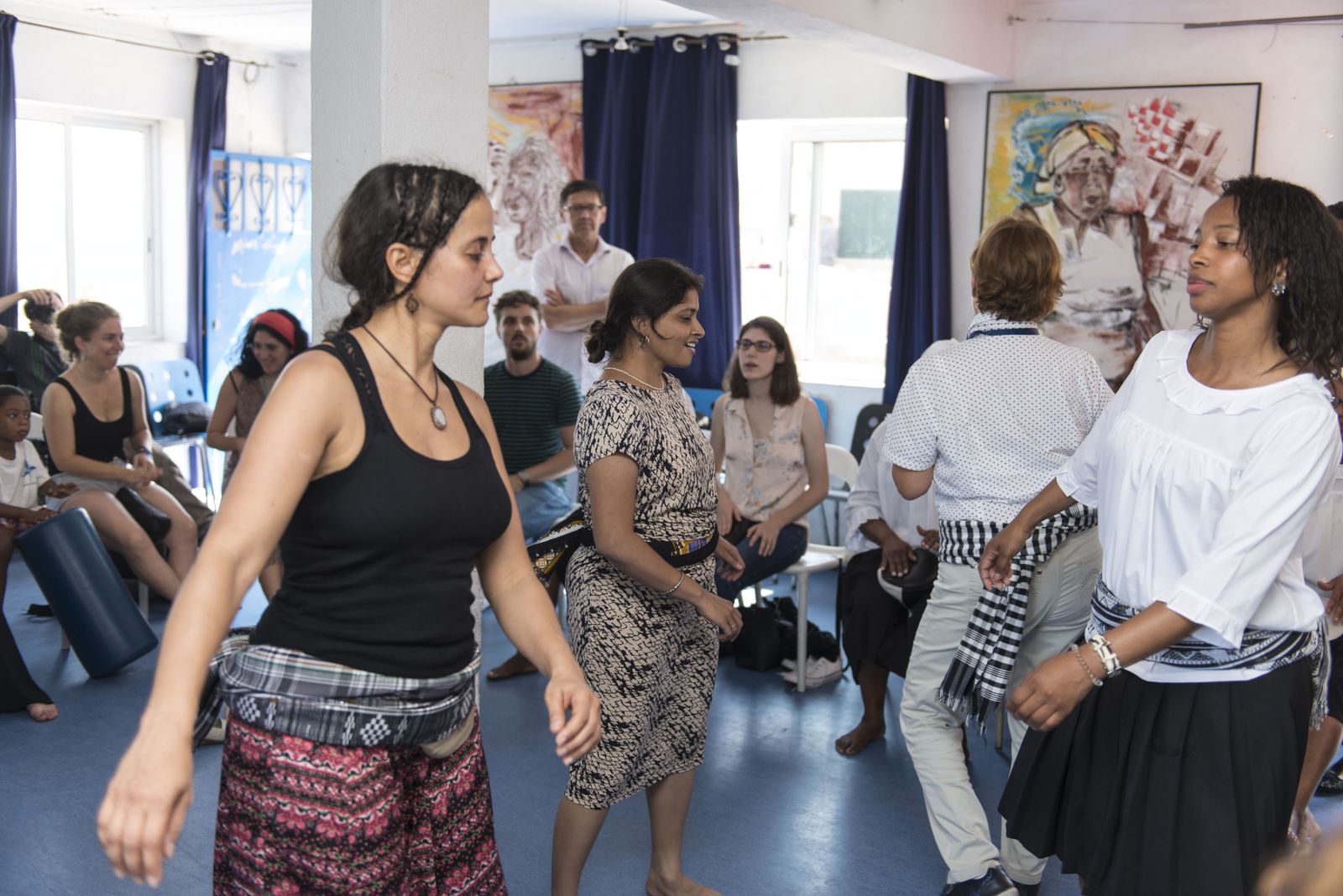
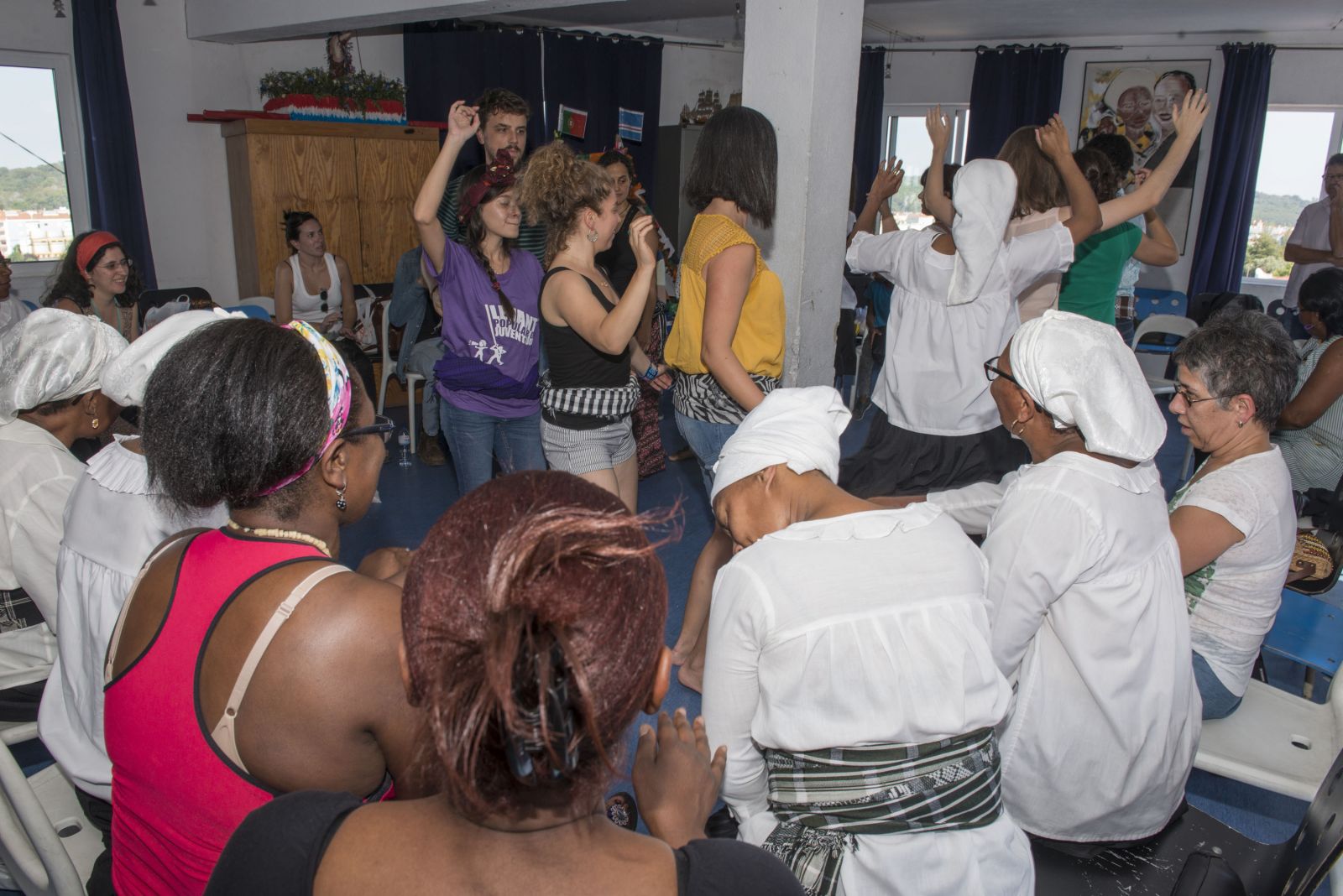
.JPG)
.JPG)
.jpg)
.JPG)
.JPG)
.jpg)
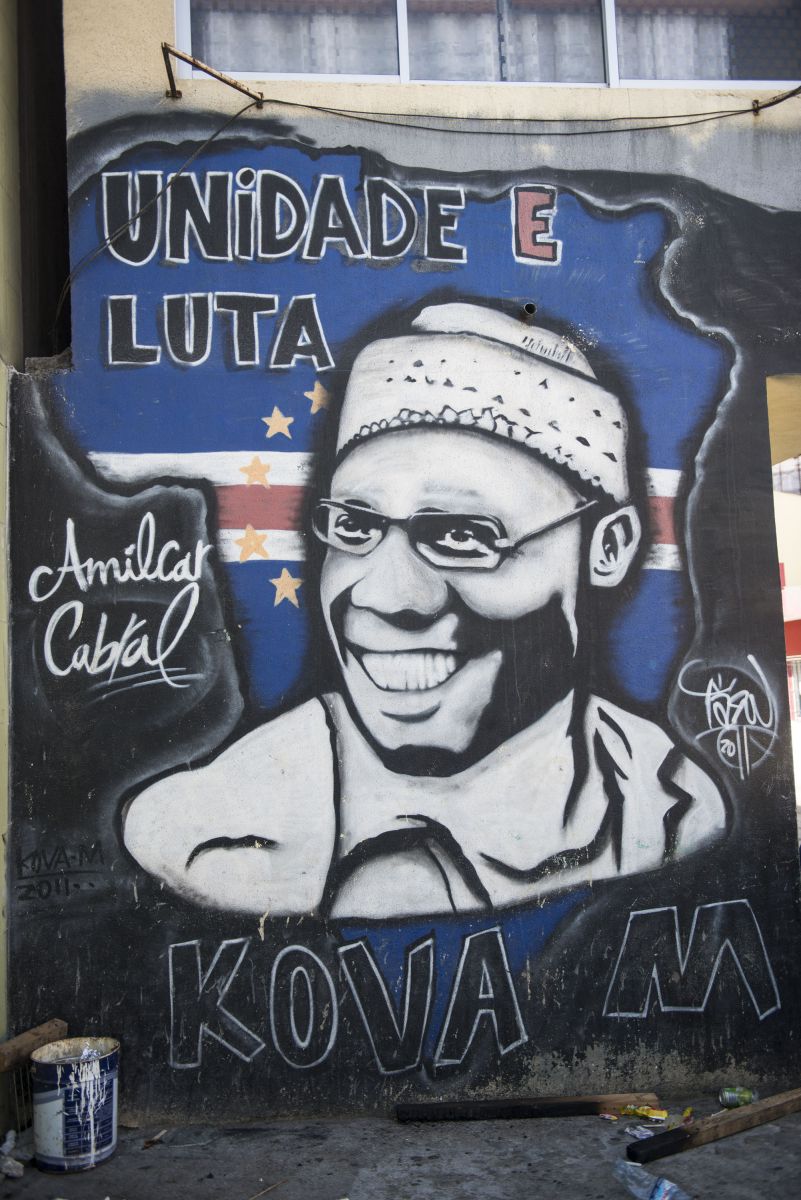
.JPG)
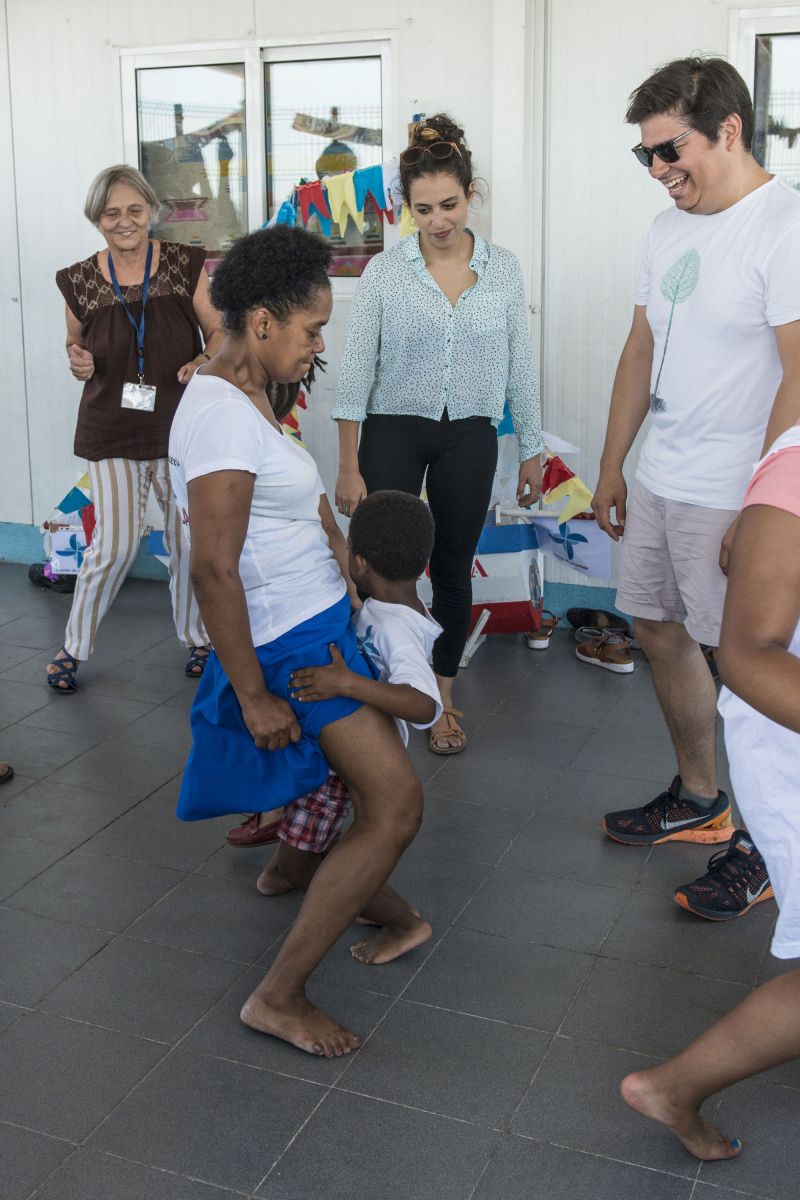
.JPG)
.JPG)
.JPG)
.JPG)
.jpg)
.JPG)
.jpg)
.JPG)
.JPG)
.JPG)
.jpg)
.JPG)
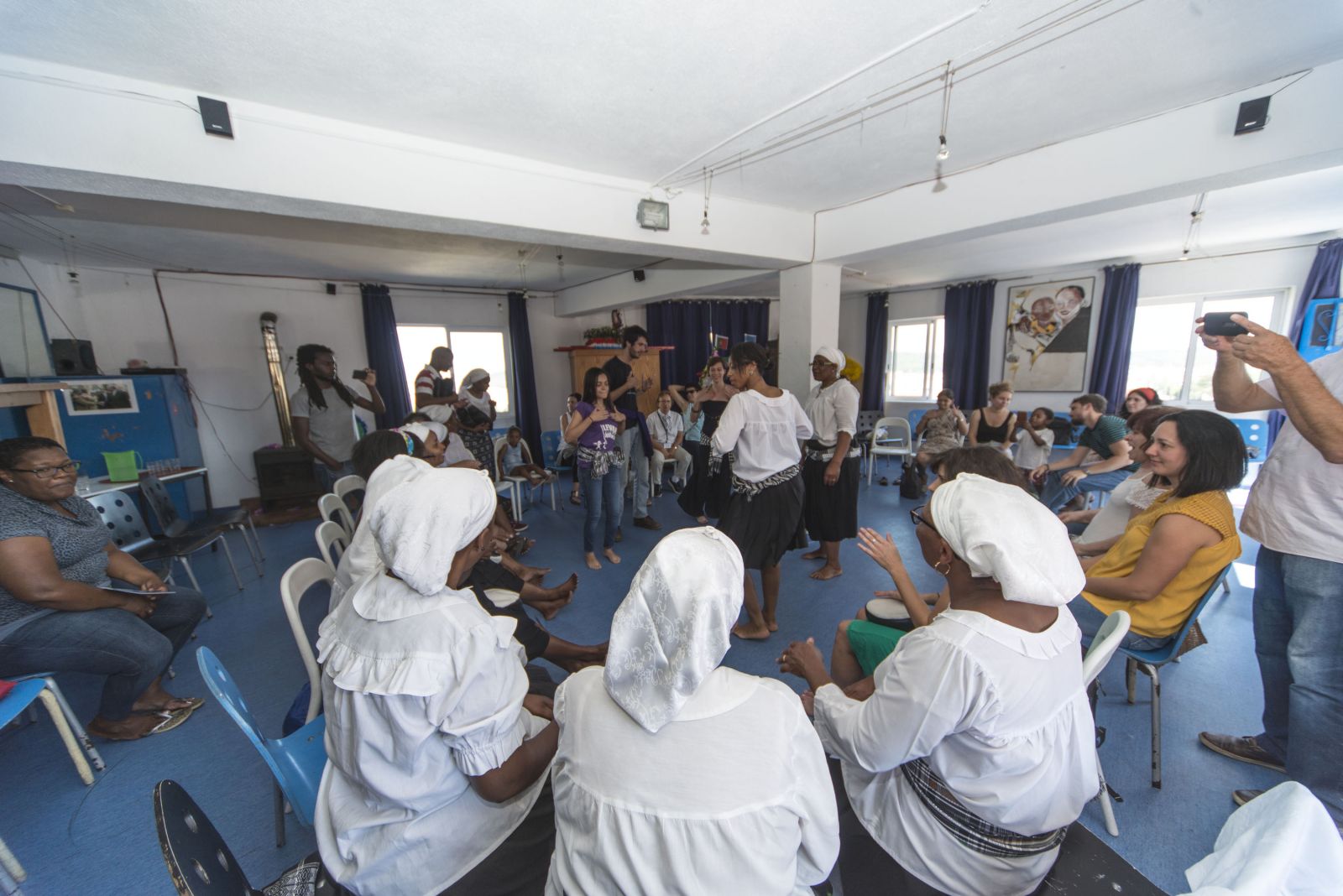
.JPG)
.jpg)
.JPG)
.JPG)
.JPG)
.JPG)
.JPG)
(1).jpg)
.JPG)
.JPG)
.jpg)
.jpg)
.JPG)
.JPG)
.JPG)
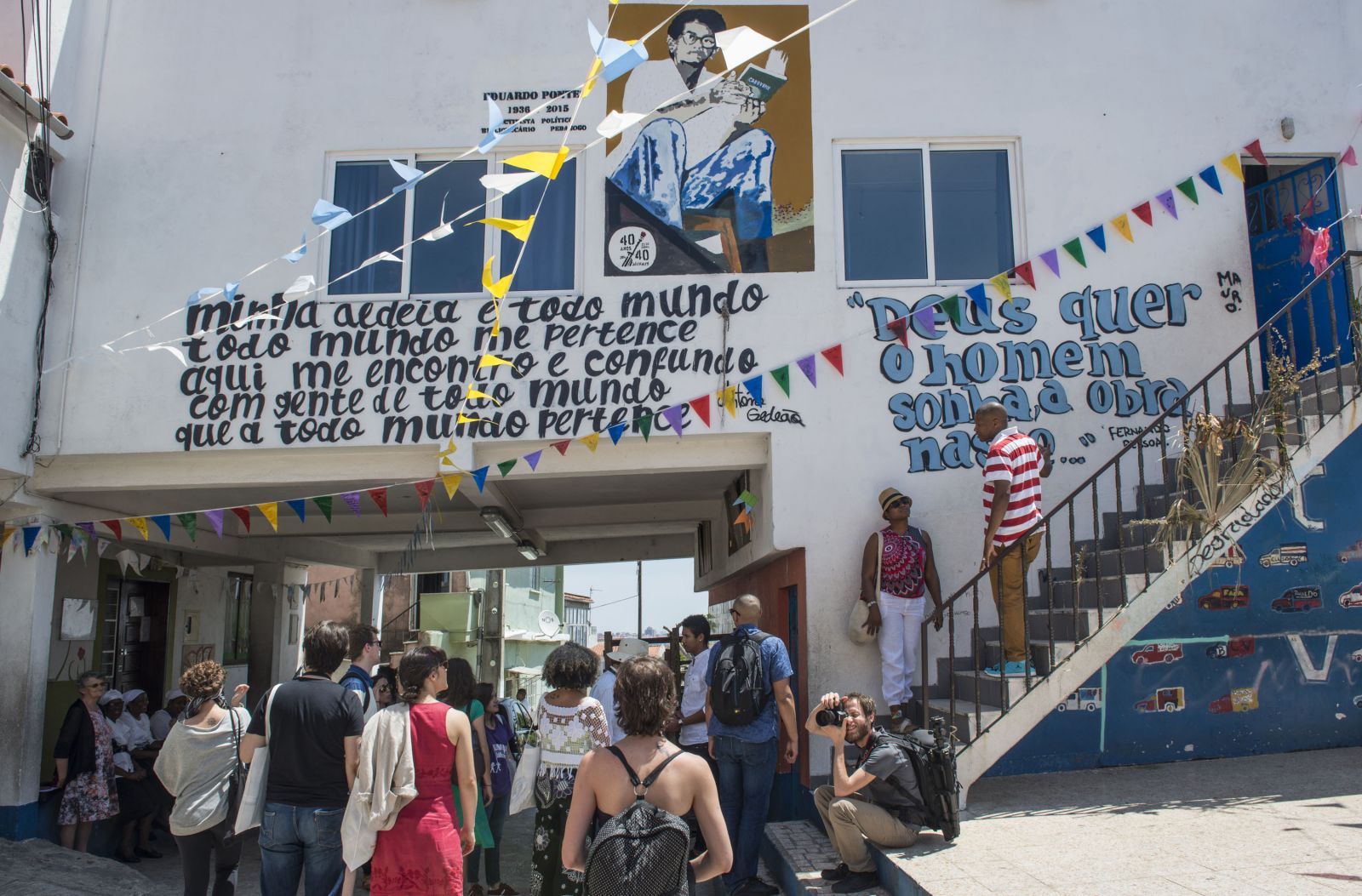
.jpg)
.JPG)
.JPG)
.JPG)
.JPG)
.JPG)
.JPG)
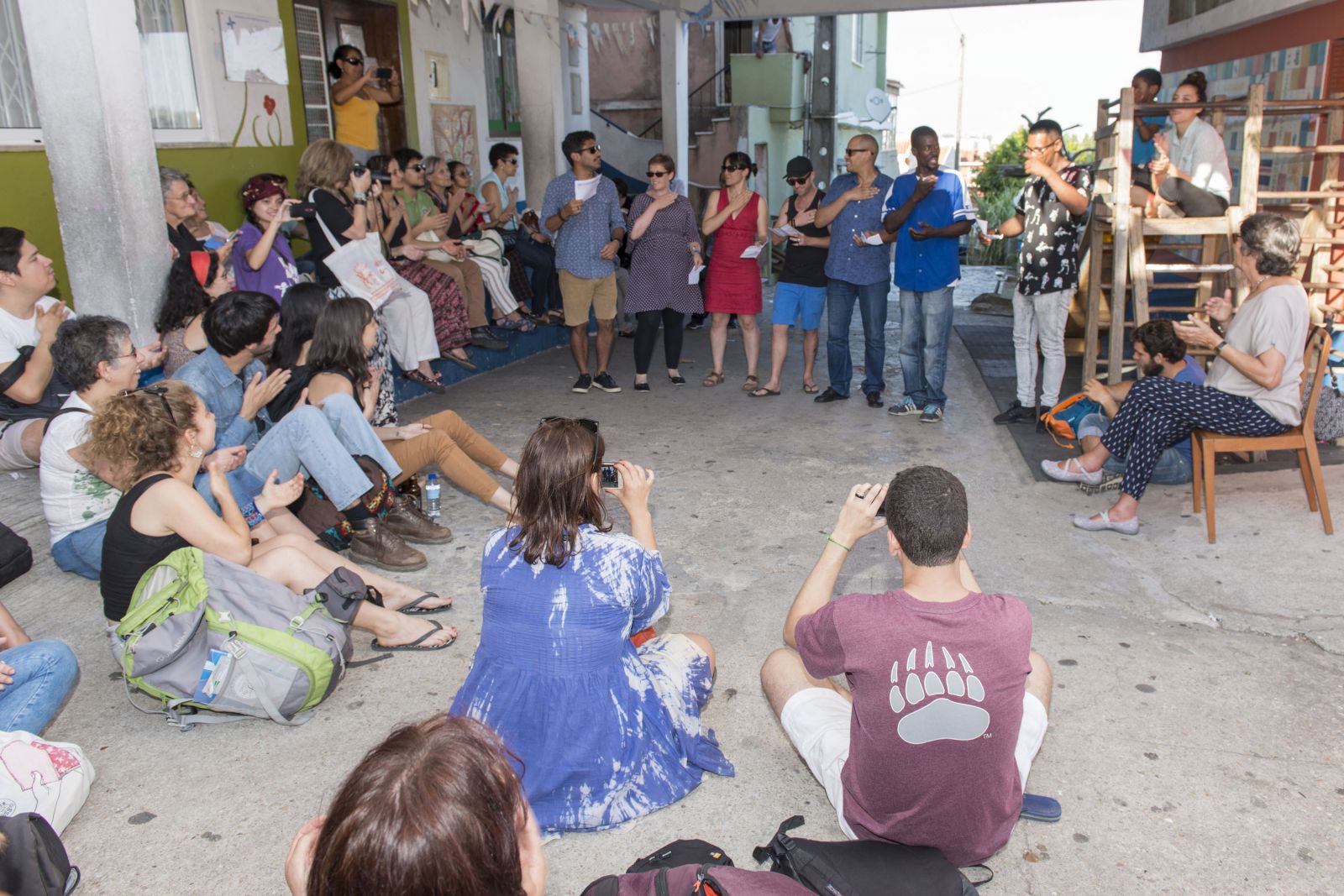
.JPG)
.JPG)
.JPG)
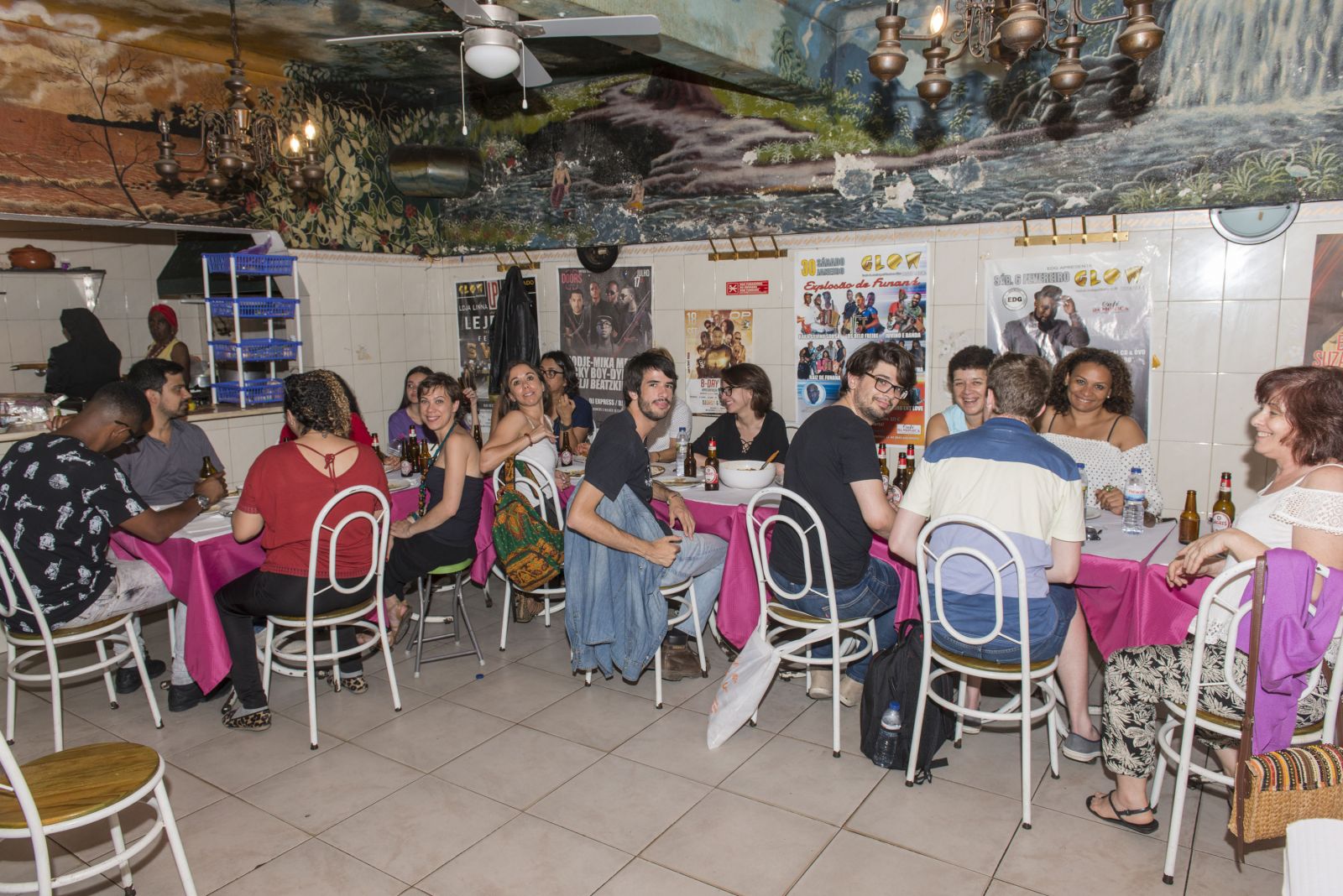
.JPG)
.JPG)
.JPG)
.JPG)
.jpg)
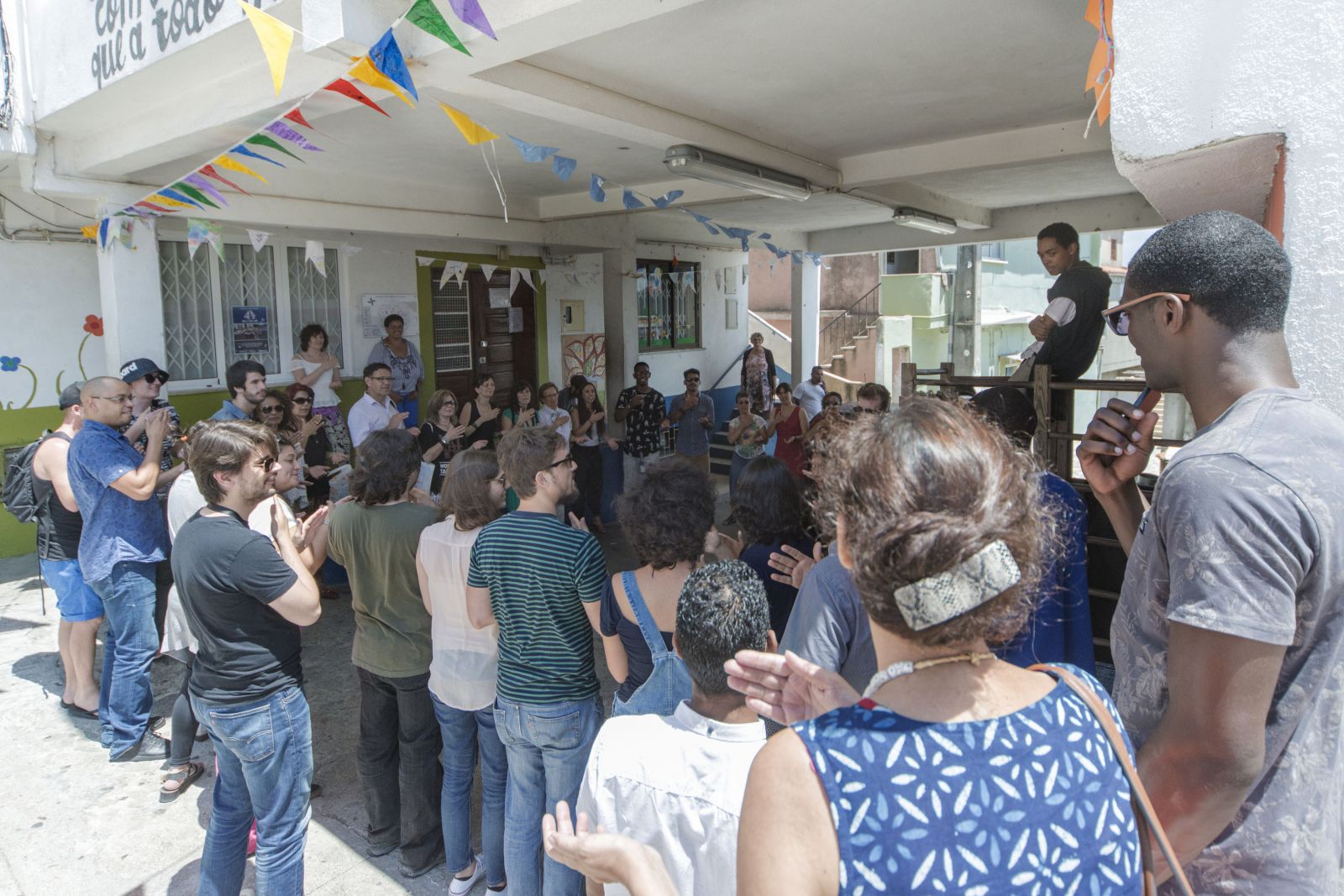
.JPG)
.JPG)
.JPG)
.JPG)
.JPG)
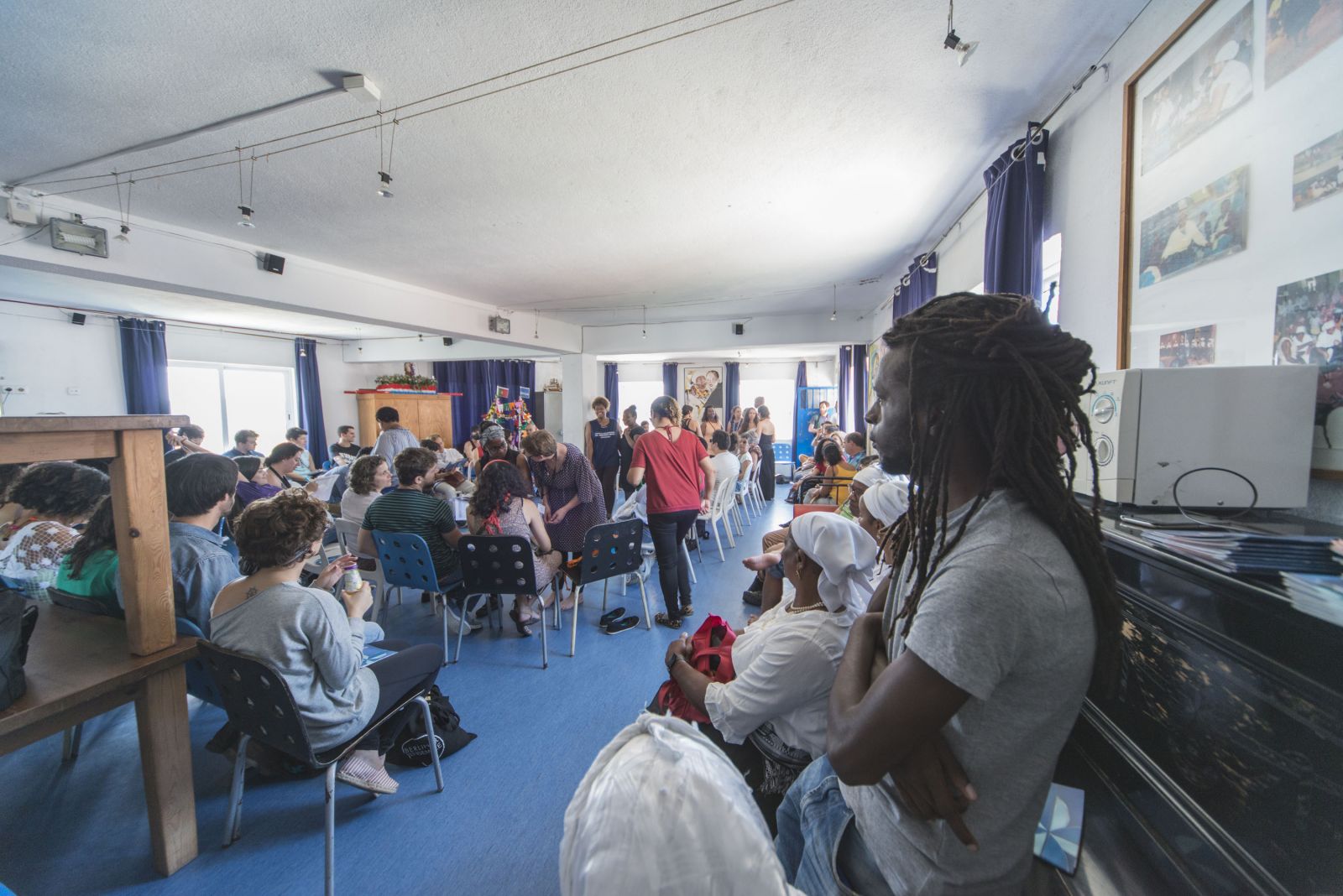
.JPG)
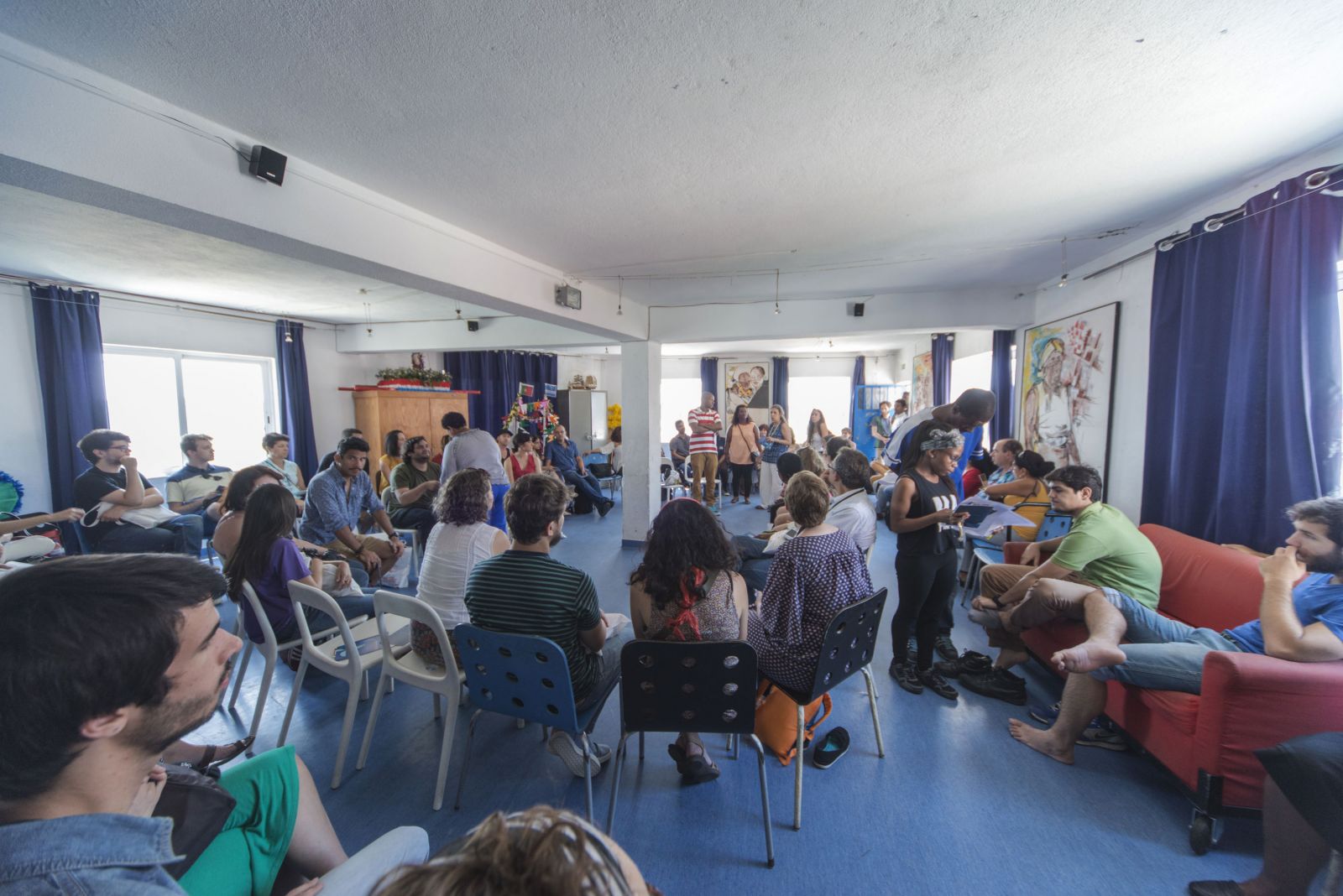
.JPG)
.JPG)
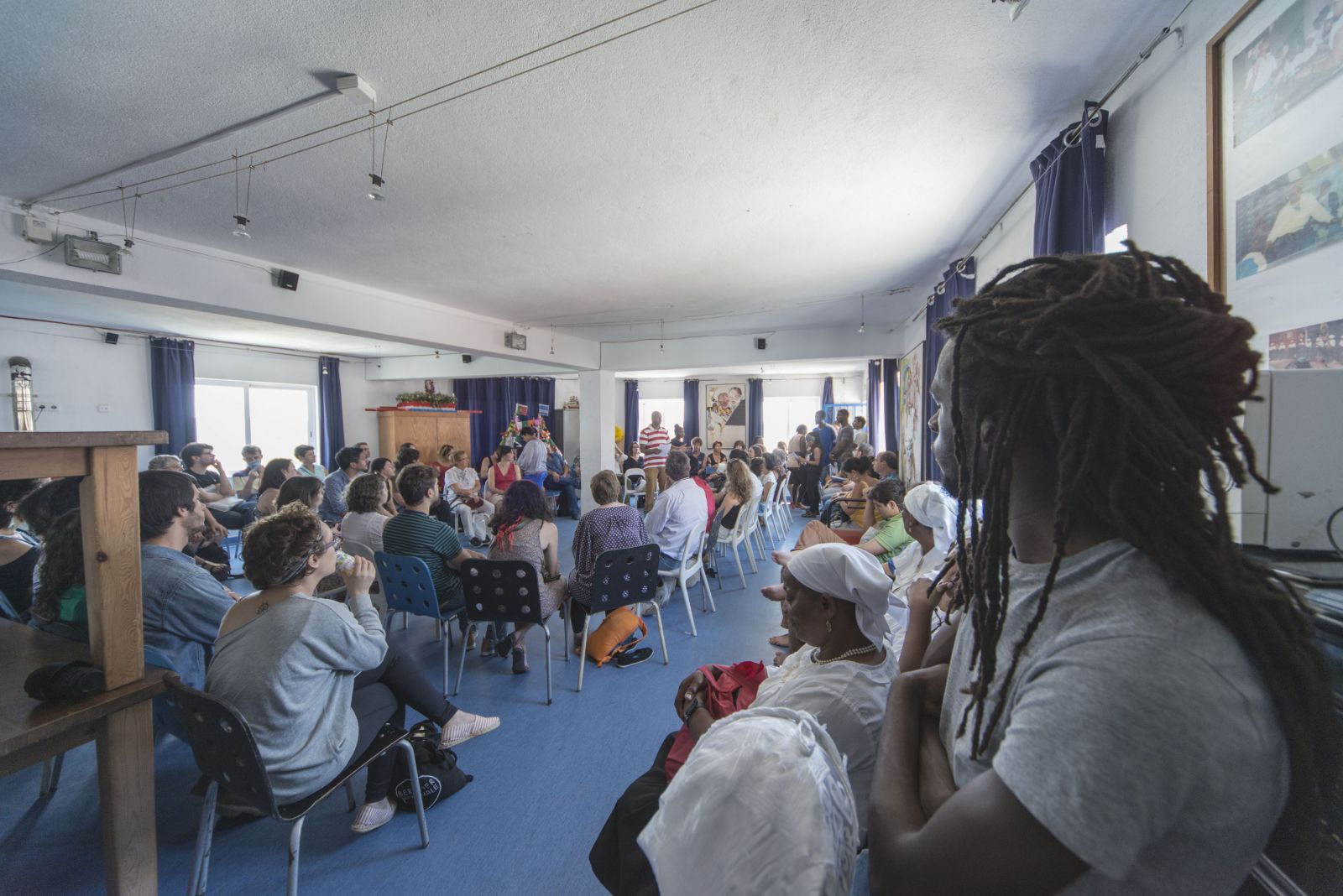
.JPG)
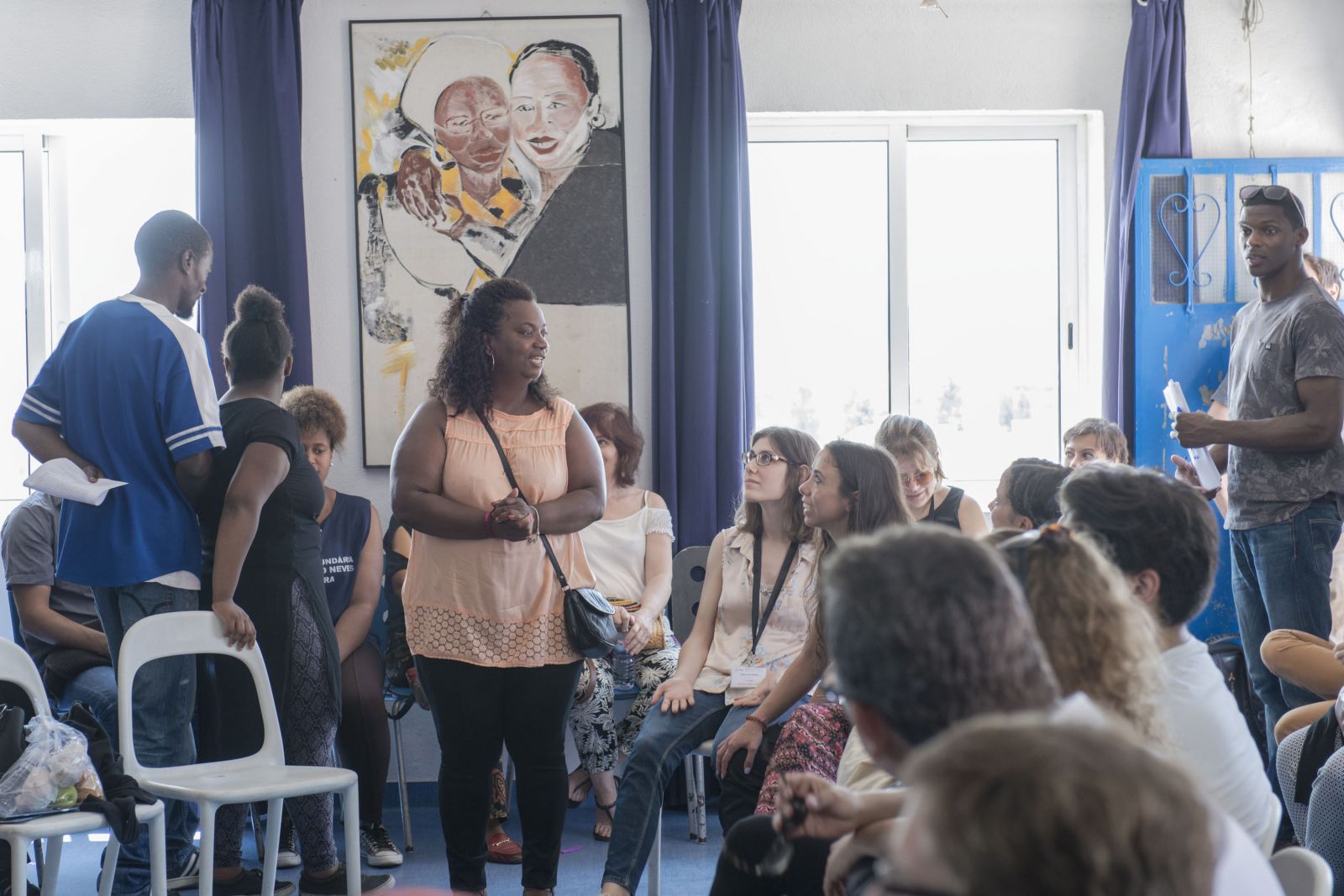
.JPG)
.JPG)
.JPG)
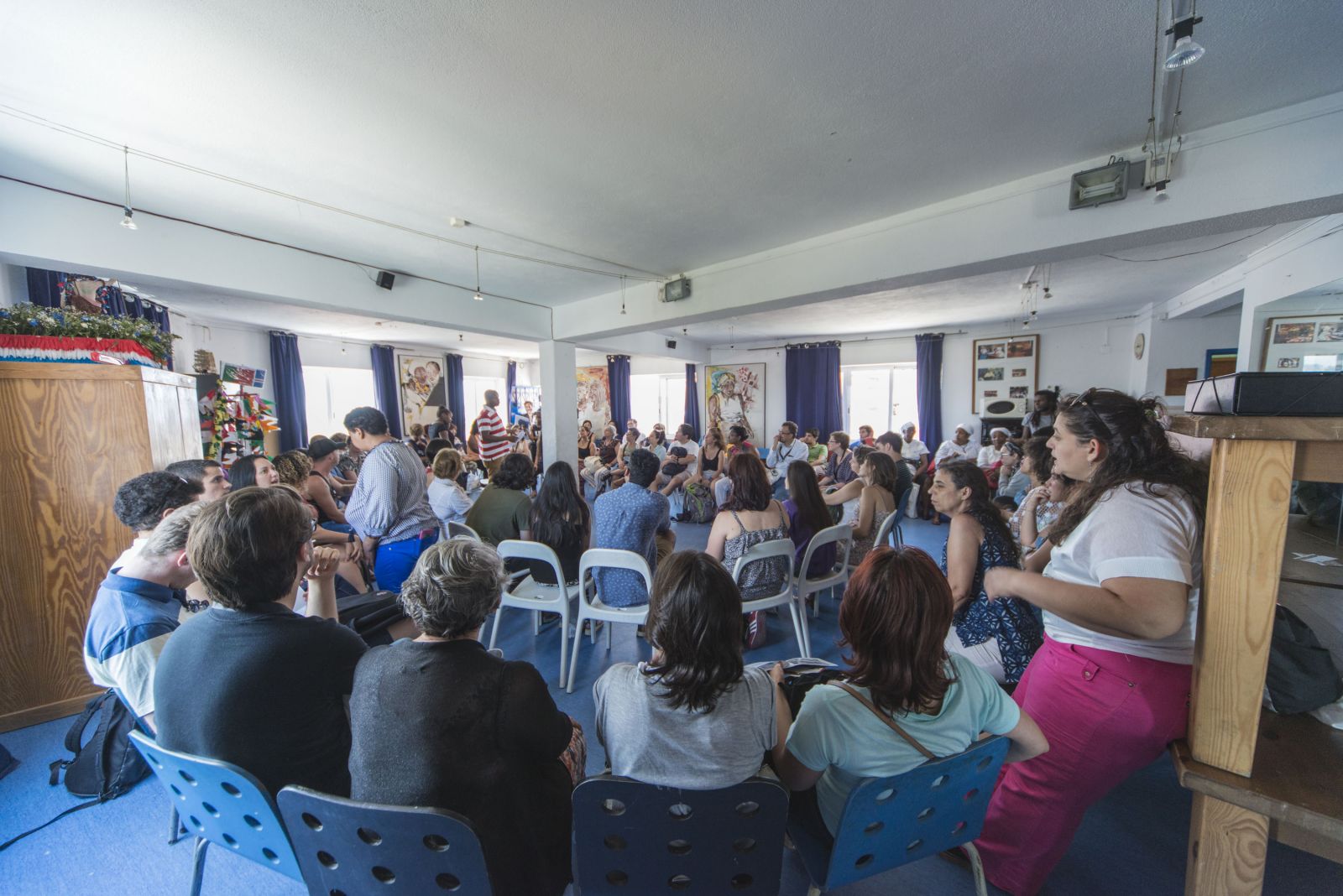
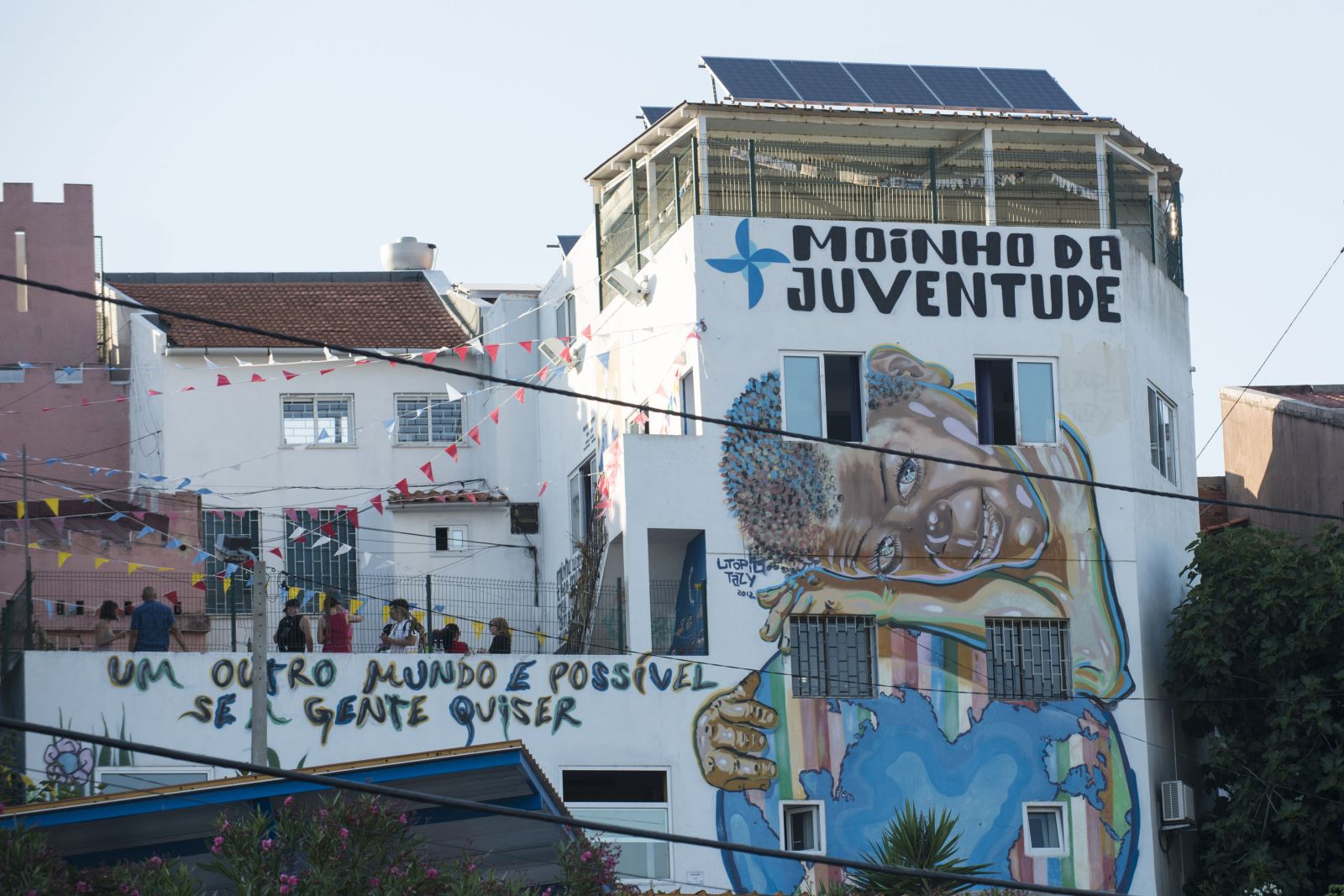
.JPG)
.JPG)
.jpg)
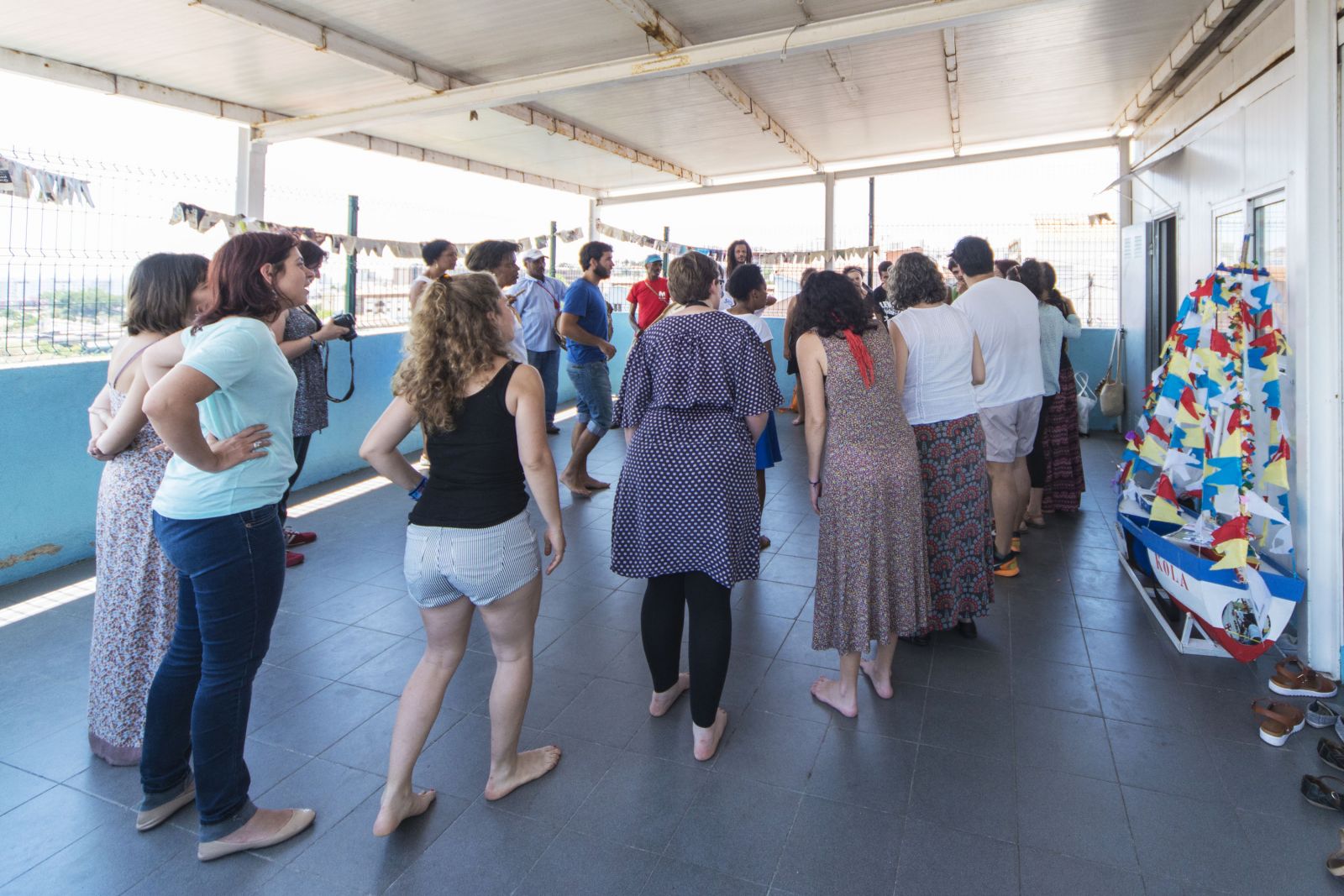
.JPG)
.jpg)
.JPG)
.JPG)
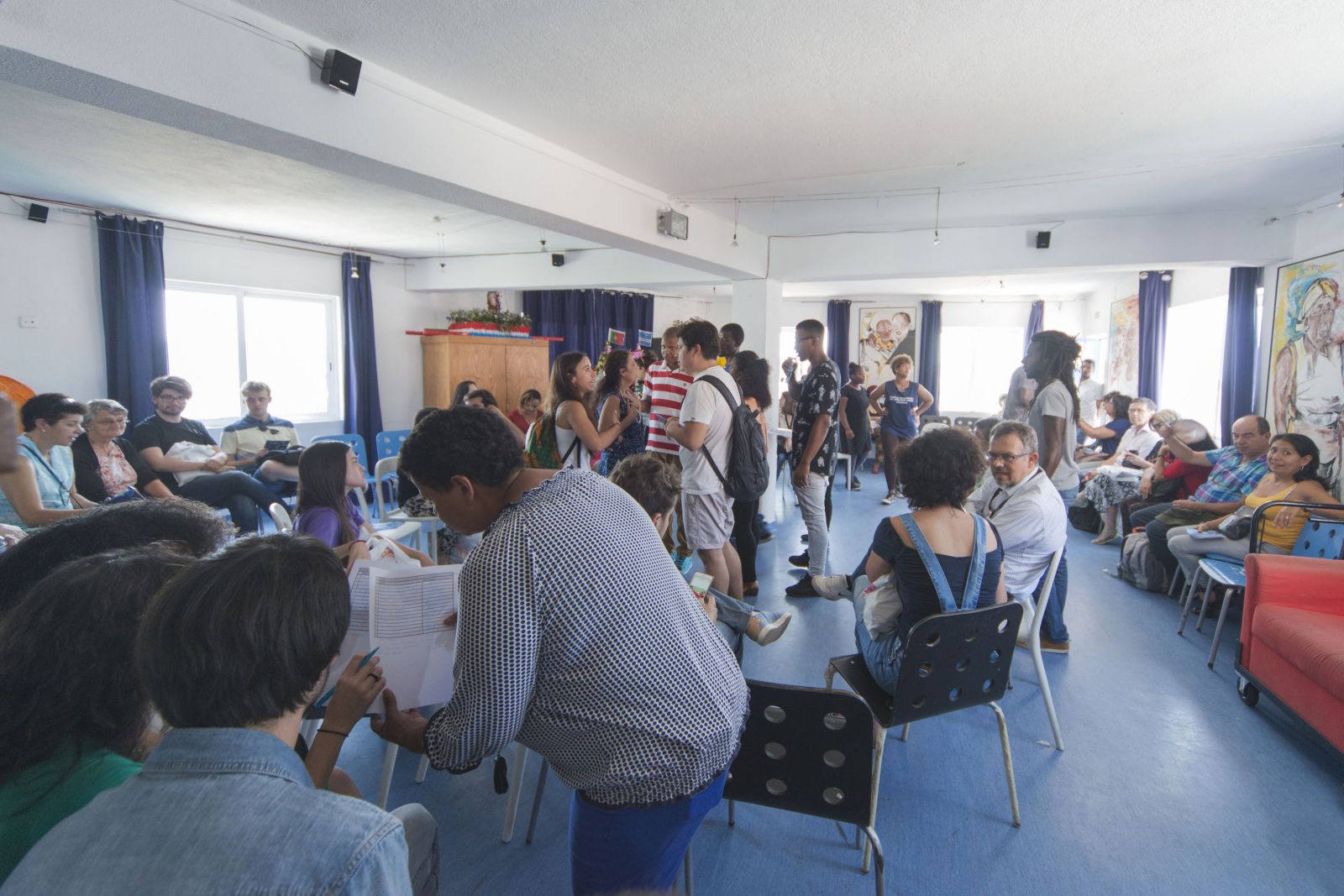
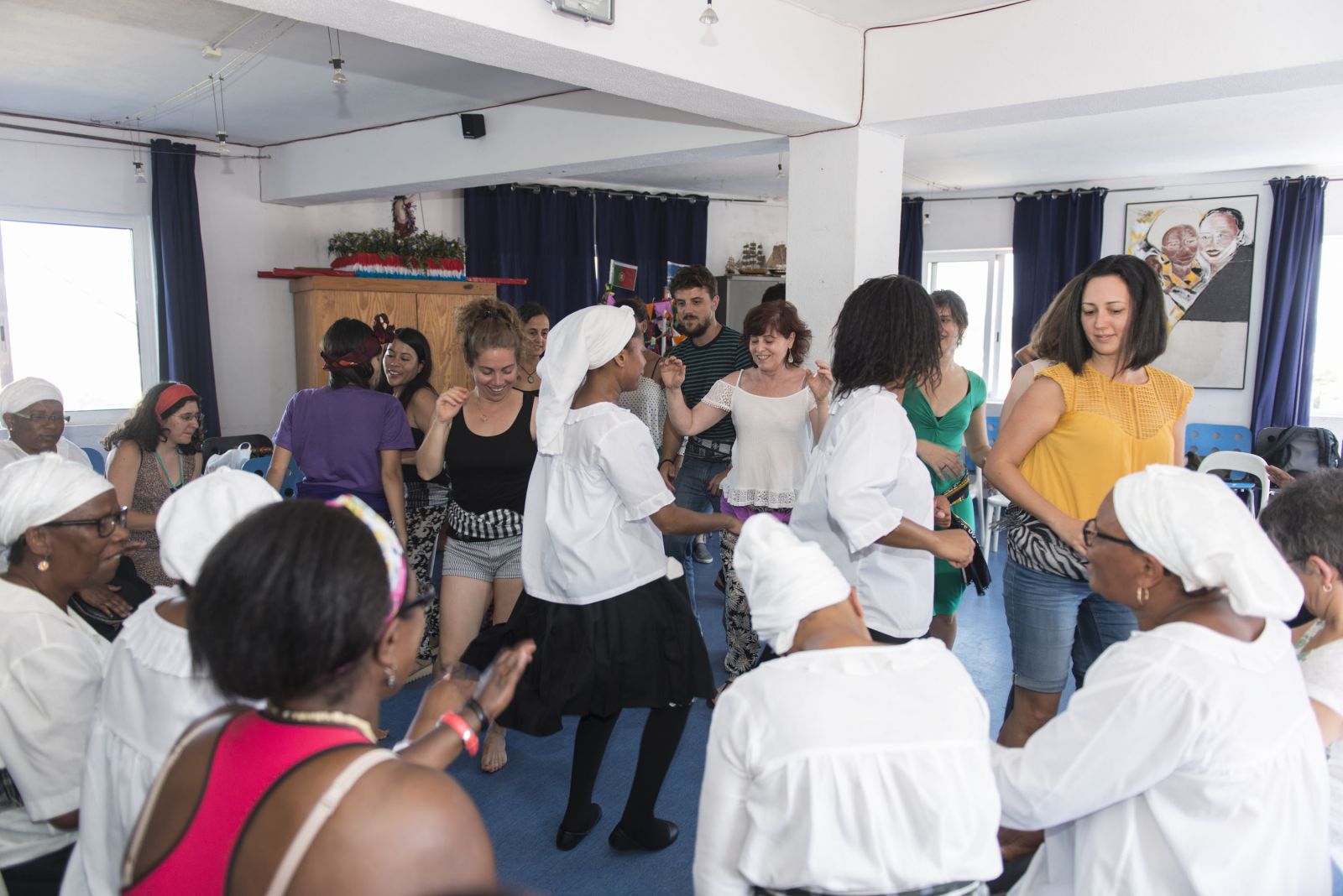
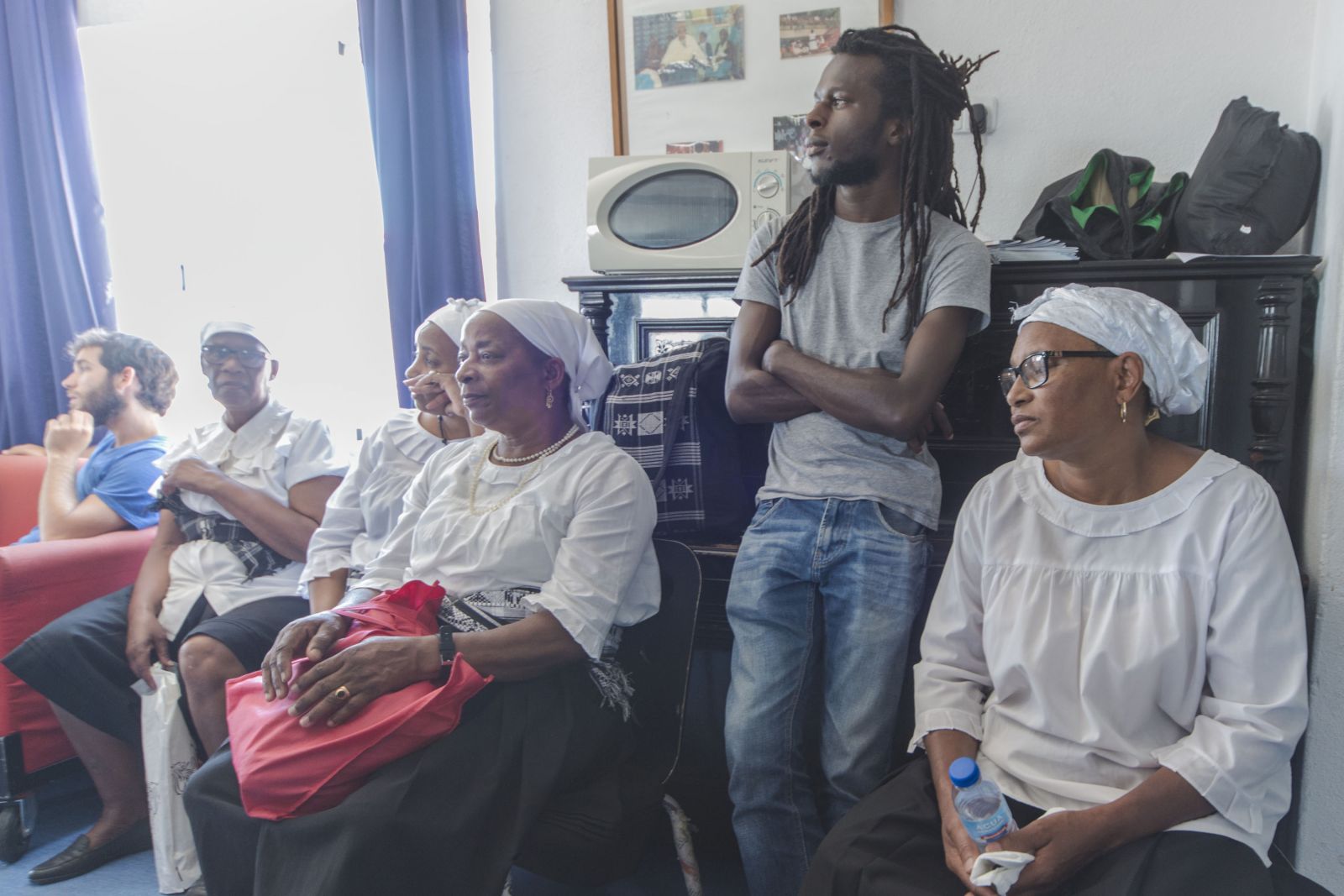
.JPG)
.JPG)
.jpg)
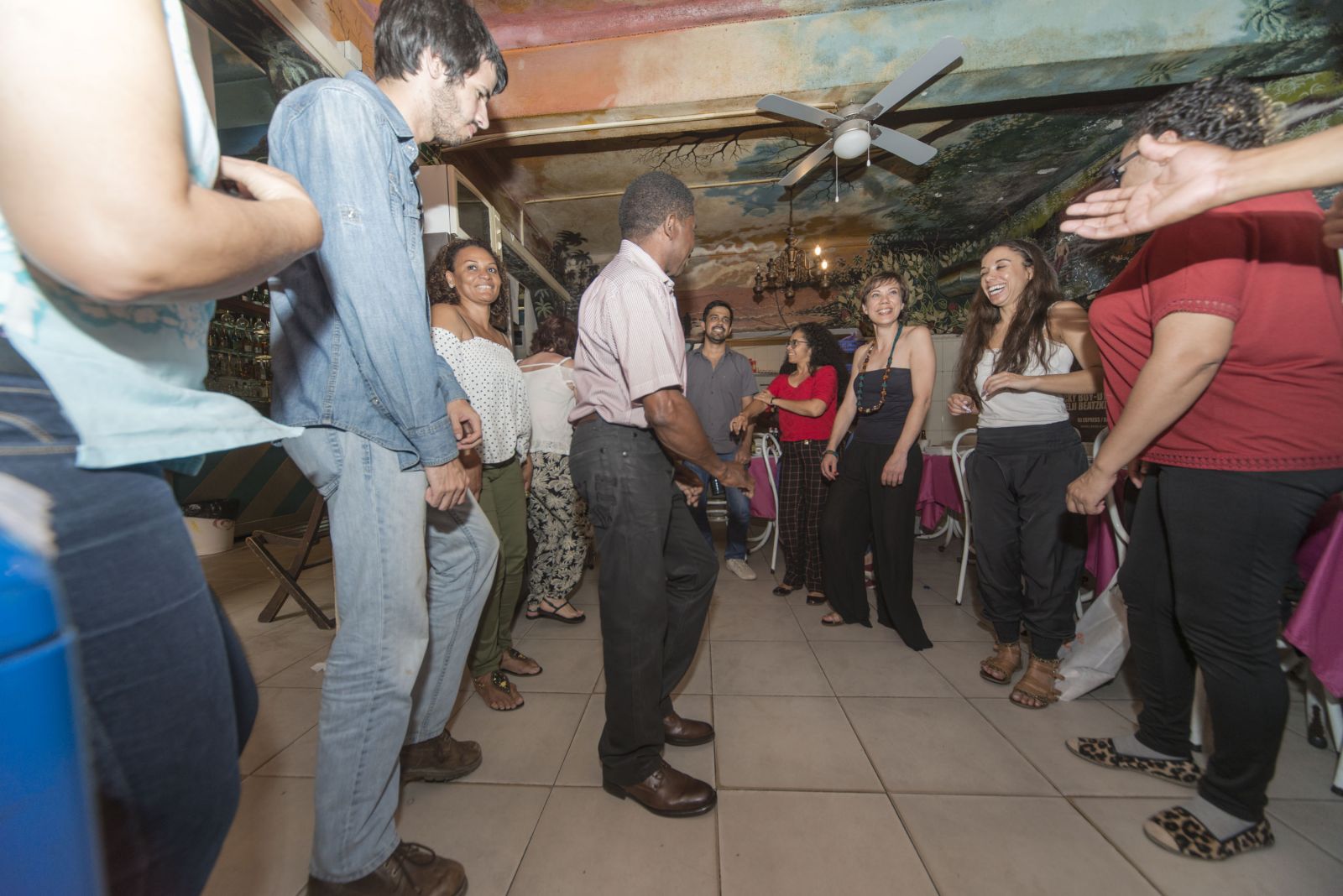
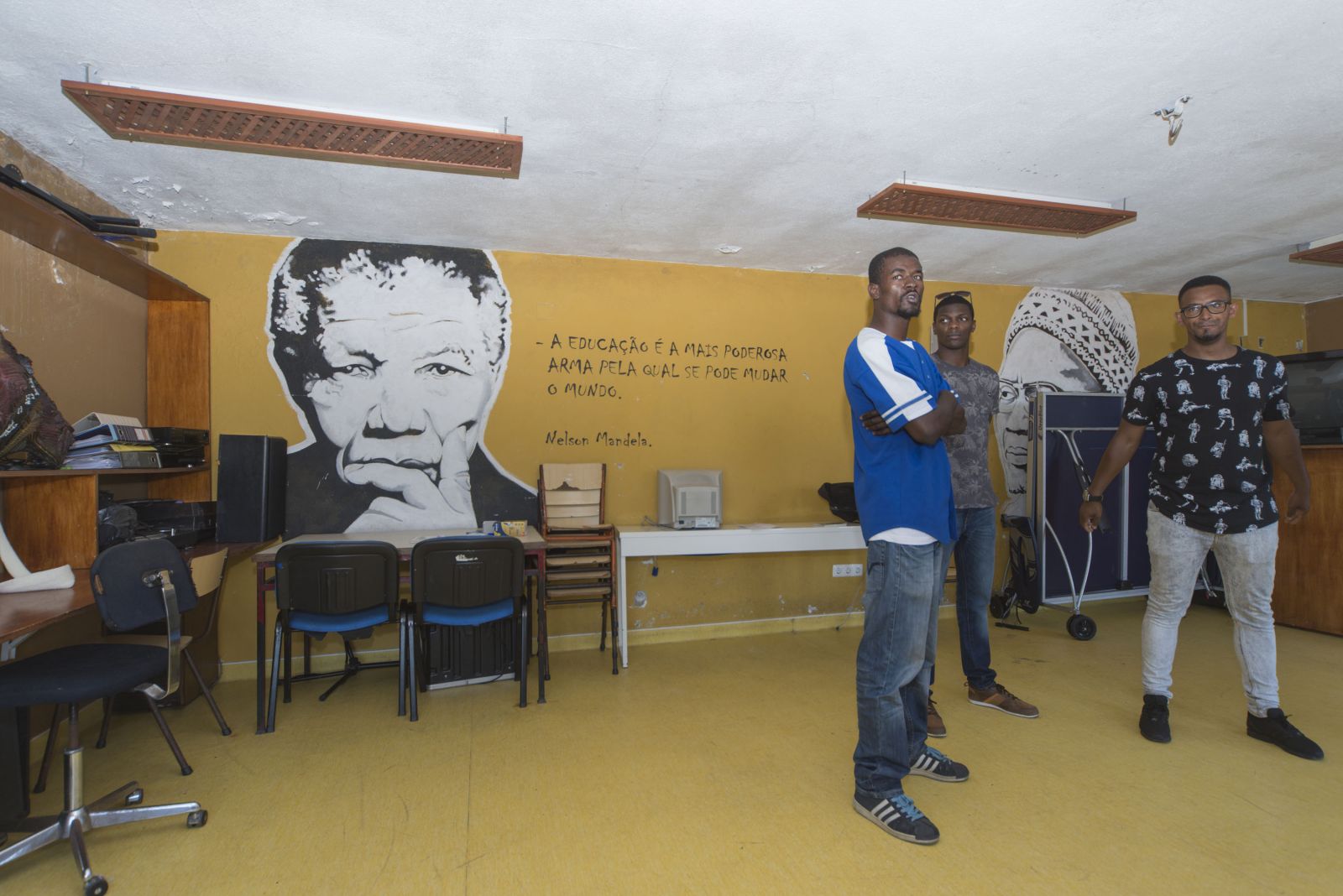
.JPG)
.JPG)
(1).JPG)
.JPG)
.JPG)
.JPG)
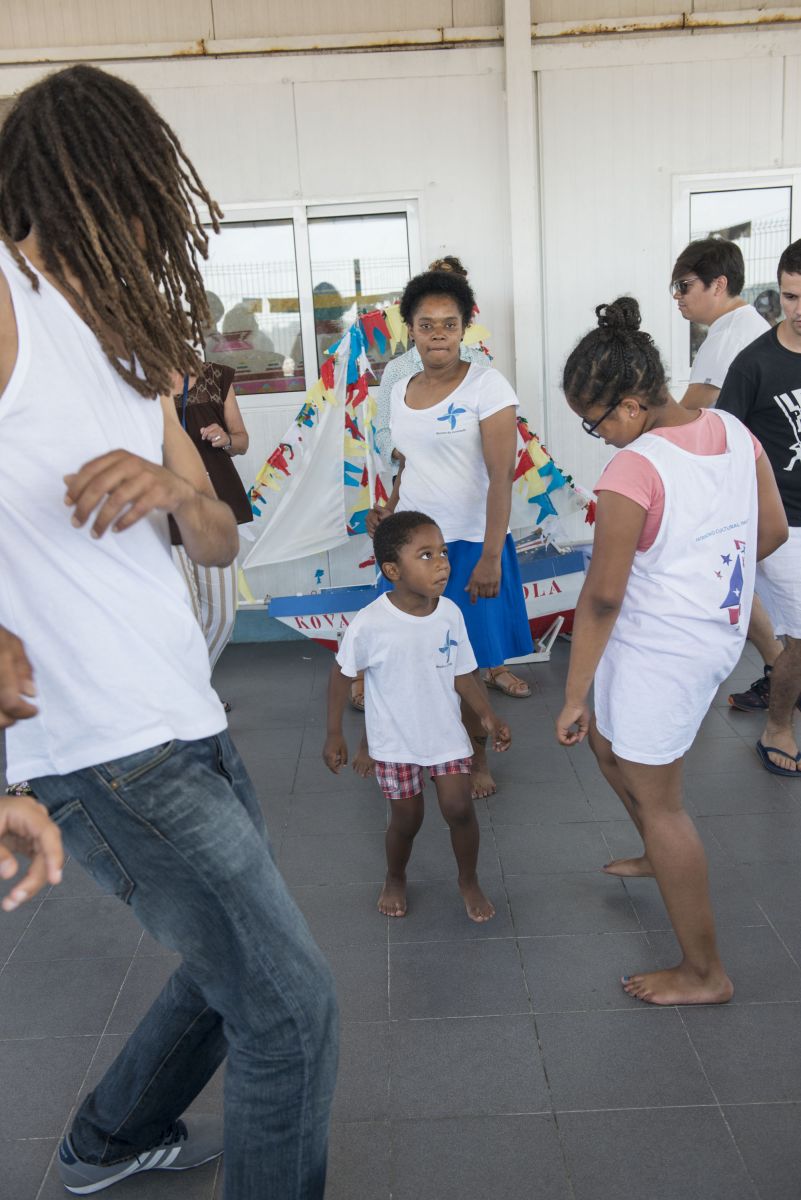
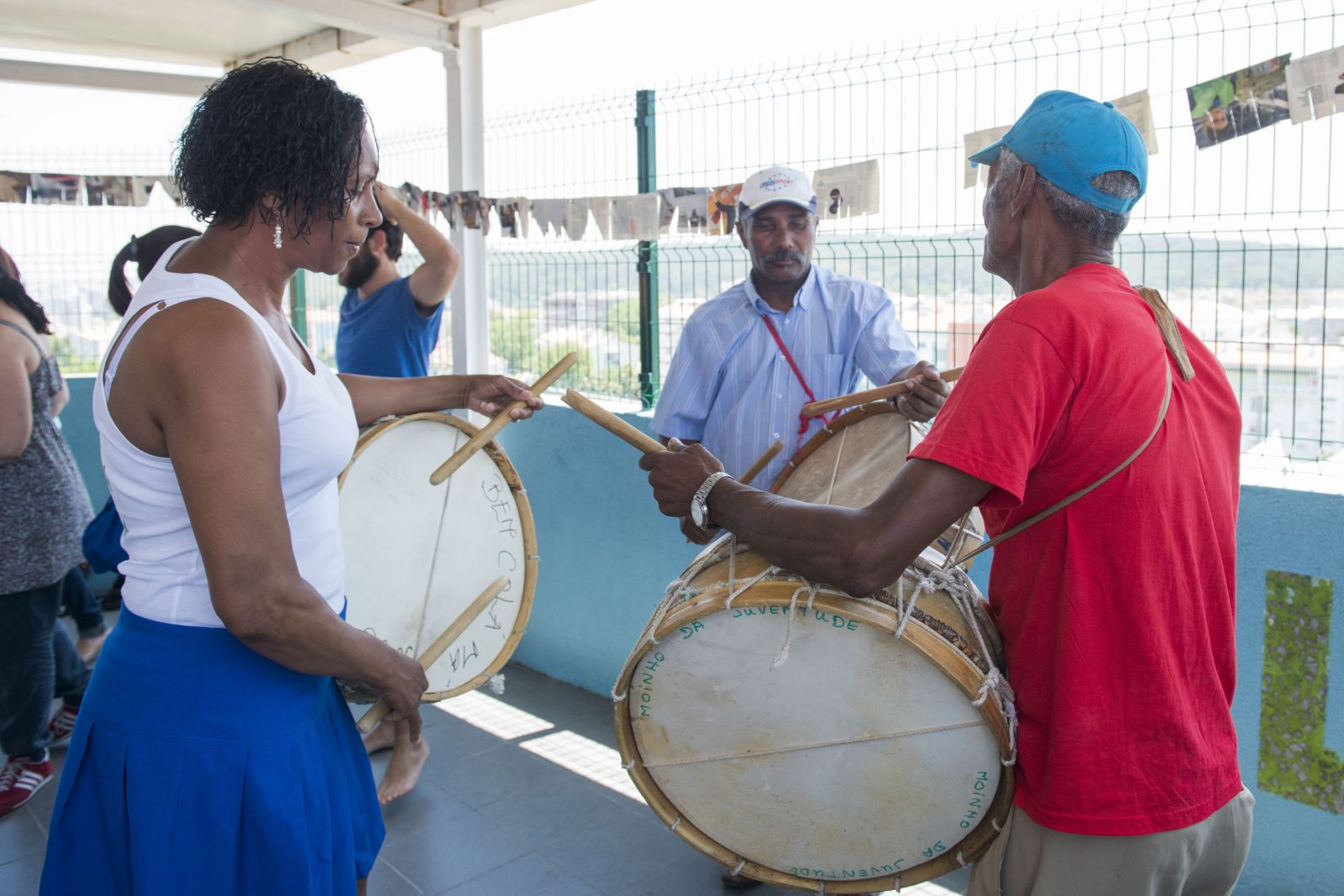
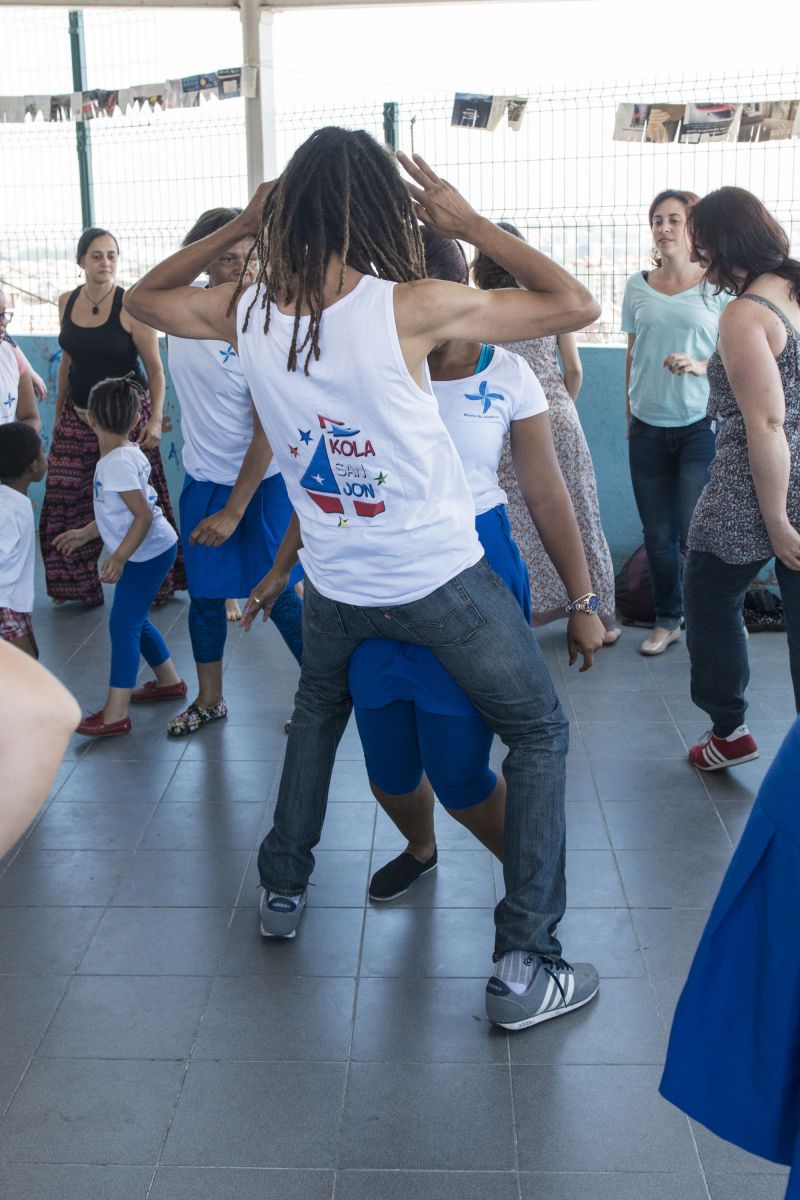
.JPG)
.JPG)
.JPG)
.JPG)
.JPG)
(1).JPG)
.JPG)
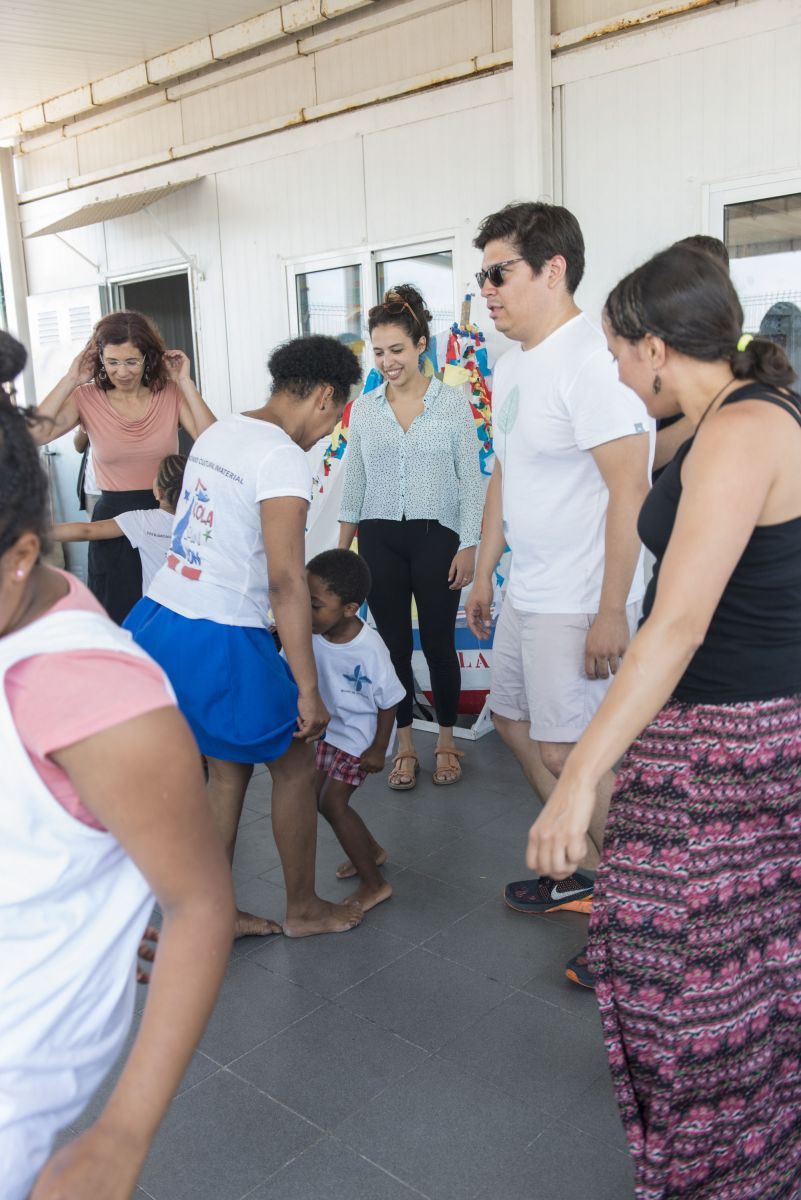
.JPG)
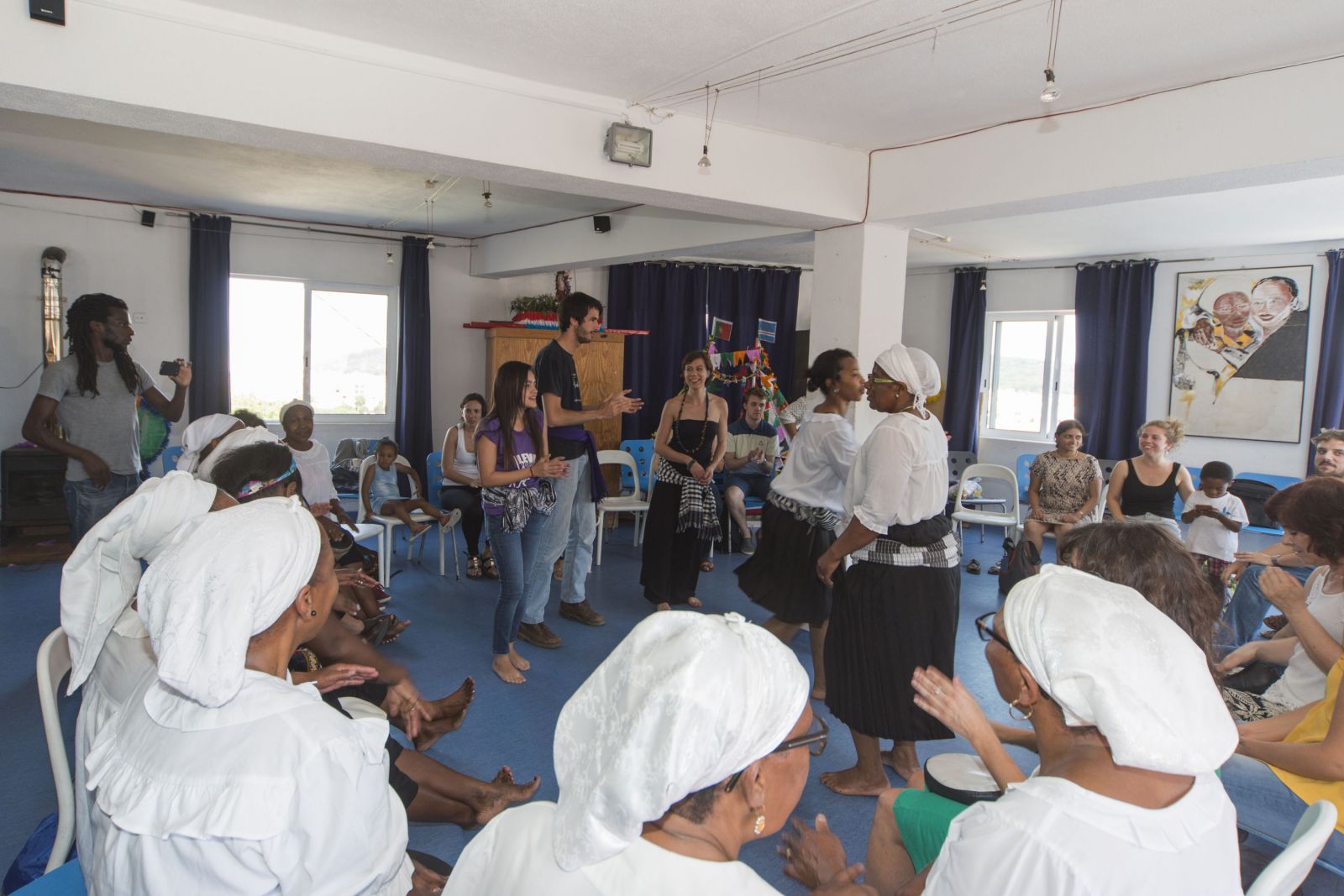
.JPG)
